2023 Annual Meeting Speakers
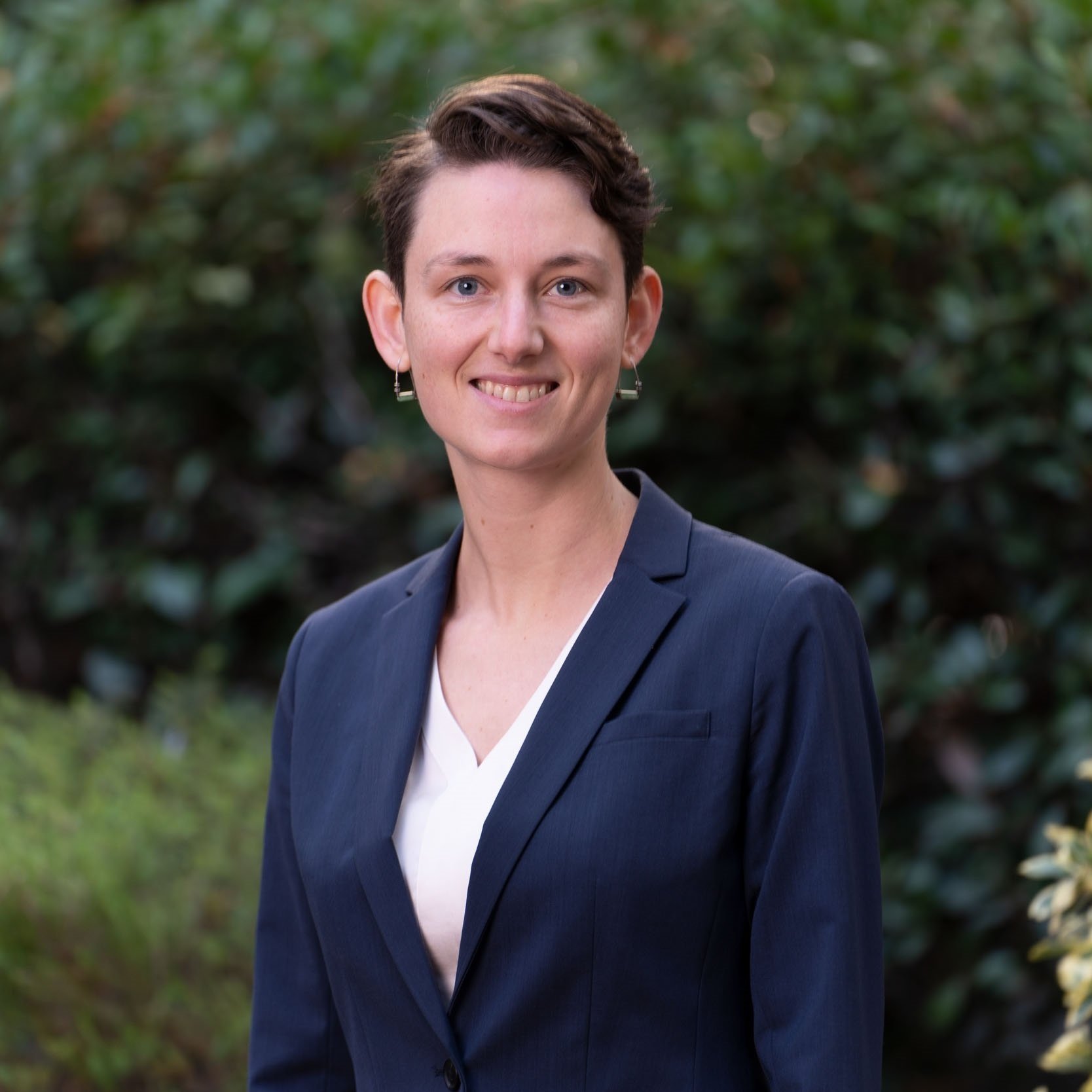
Jenna Archer - Beneficial Fire: Policy Barriers and Opportunities
Jenna Archer is a Fellow at Shute, Mihaly & Weinberger (SMW), a public interest law firm in San Francisco. SMW’s work includes helping cultural fire practitioners and prescribed fire advocates put more beneficial fire on the ground by advising fire collaboratives, developing reports and strategic plans, and advancing policy solutions. Jenna received her J.D. from the University of California, Berkeley.
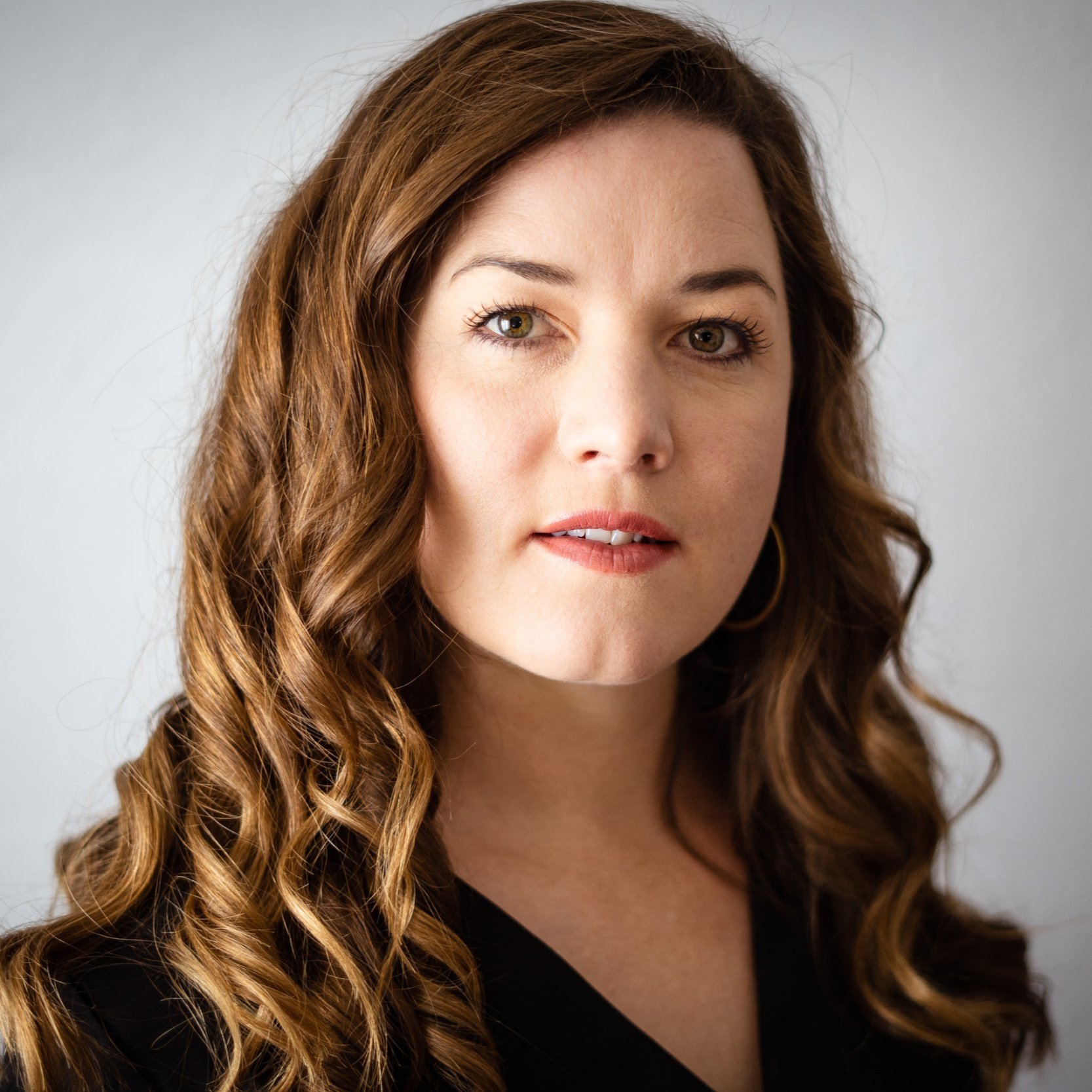
Esmé Cadiente - Putting “All-Lands” into Practice
With 14+ years leading strategic efforts to increase forest resilience and restore watershed conditions, Esmé’s expertise lies in directing complex, regional conservation programs that strive to bring strategy and action together to reach goals and desired conditions at a landscape scale. This work includes funding, staffing, and implementing multi-state, cross-boundary forest and watershed restoration projects that benefit communities and increase forest health and resilience to climate change and wildfire. Much of this work requires interweaving policy, science, priorities identified by Tribal Nations and rural western economies, and communication to coordinate the work of multiple entities under a collaborative structure to effectively meet desired conditions. She holds a Master of Science degree in Natural Resource Science and Management with a focus on ecohydrology. Her career as an environmental professional began with the Forest Service on the Tongass National Forest in Alaska. Later, as part of her master’s degree, she worked on a cross-boundary watershed and fisheries Southwest Region Director program in British Colombia and northern Idaho. She later moved on to work in the San Juan mountains of southern Colorado where she worked as a Project Manager for Mountain Studies Institute for five years and ran her own small consulting and contracting business. Eight years ago she joined the Forest Stewards Guild in Santa Fe, implementing projects in New Mexico and southern Colorado.
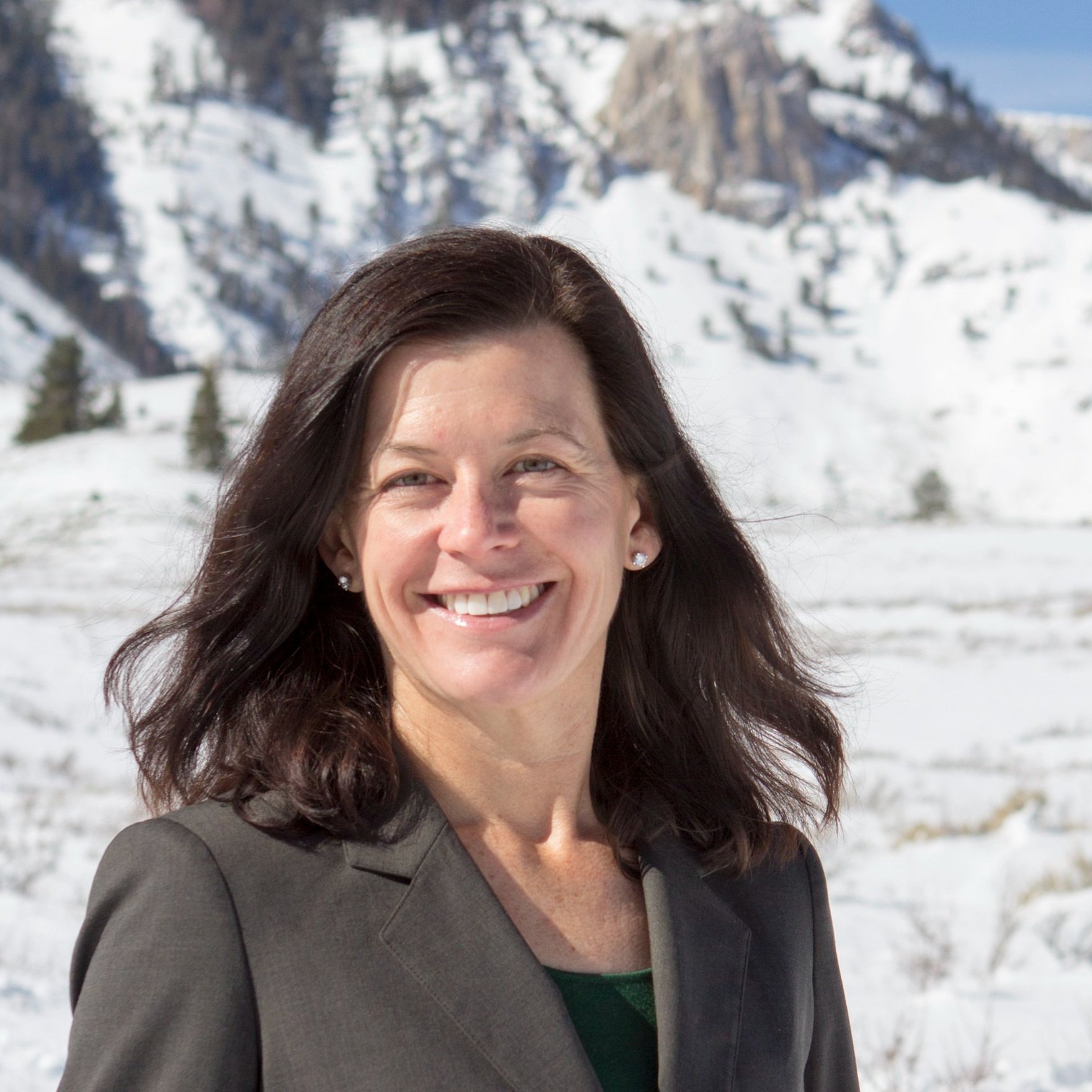
Stacy Corless - Equity and the Stewardship Workforce
At Sierra Business Council, Stacy Corless advances policy to secure the economic, environmental, and social well-being of California’s Sierra Nevada region. Prior to SBC, she was elected to two terms on the Mono County Board of Supervisors. During her tenure on the board, she served as chair of the Rural County Representatives of California and on the executive committee of the state’s Wildfire and Forest Resilience Task Force. She was also an active member of the National Association of Counties’ Public Lands Policy Steering Committee. Stacy lives in the heart of the High Sierra–Mammoth Lakes–with her husband and dog.

Nav Dayanand - Political Realities Panel
Nav is the Associate Director of Legislative Affairs with the North America Policy and Government Relations team at The Nature Conservancy (TNC) where he serves as the organization’s lobbyist and legislative strategist to advance the organization’s biodiversity and climate change goals before the U.S. Congress and the Executive Branch. Since starting at TNC in 2014, Nav has held several positions including Director of Federal Government Relations and Senior Policy Advisor for the Oregon Chapter; and Senior Policy Advisor for Forests and Lands on his current team. He also serves as TNC’s co-chair of the North America Policy Committee on Diversity, Equity, Inclusion and Justice (DEIJ) dedicated to helping the organization examine its policy and legislative opportunities through the lens of just and equitable outcomes for people and nature. Nav is based in Washington, DC and has more than 15 years of experience in a wide range of natural resources policy, legislative and public funding matters at the U.S. federal and global levels.
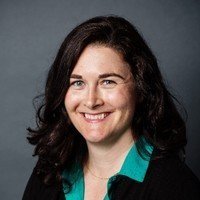
Erin Ernst - Putting “All-Lands” into Practice
Erin Ernst recently became the Director of the Natural Resources Division for the California Tahoe Conservancy, overseeing the watershed, community forestry, and landscape resilience programs and leading a broad range of interagency initiatives. Prior to this role, she served as the Tahoe-Central Sierra Initiative Coordinator. Erin has 20 years of experience working in the natural resources and public fields.
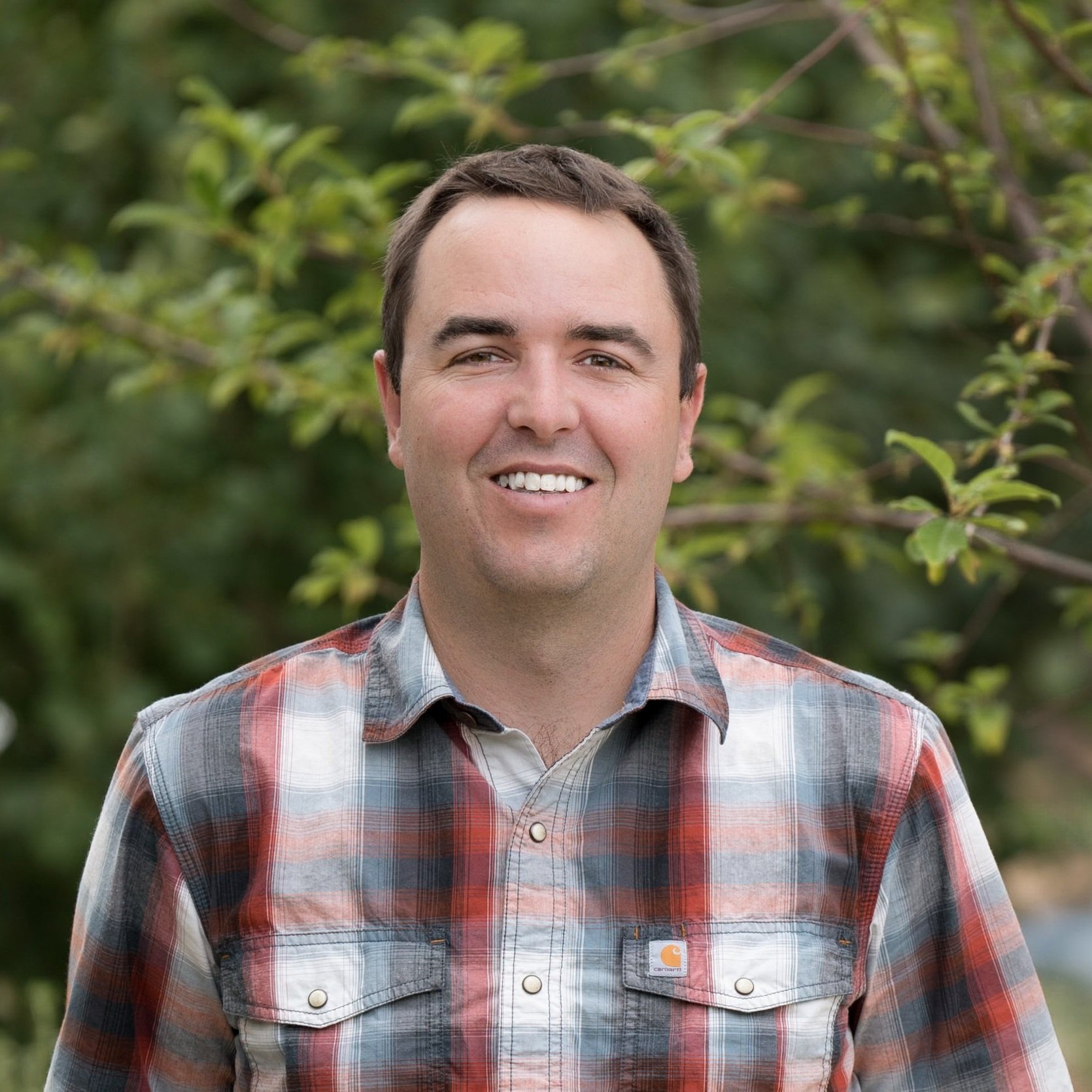
Drew Bennett - Emerging Markets, Conservation Finance, and Rural Community Benefit
Drew Bennett is the Whitney MacMillan Professor of Practice of Private Lands Stewardship in the Haub School of Environment and Natural Resources at the University of Wyoming. Drew's work focuses on strategies to balance agricultural production and the conservation of wildlife and other natural resources on private lands in the American West. He has previously worked with The Nature Conservancy on a cattle ranch in eastern Colorado, and for the Mesa Land Trust in western Colorado where he assisted landowners in exploring conservation opportunities for their land.
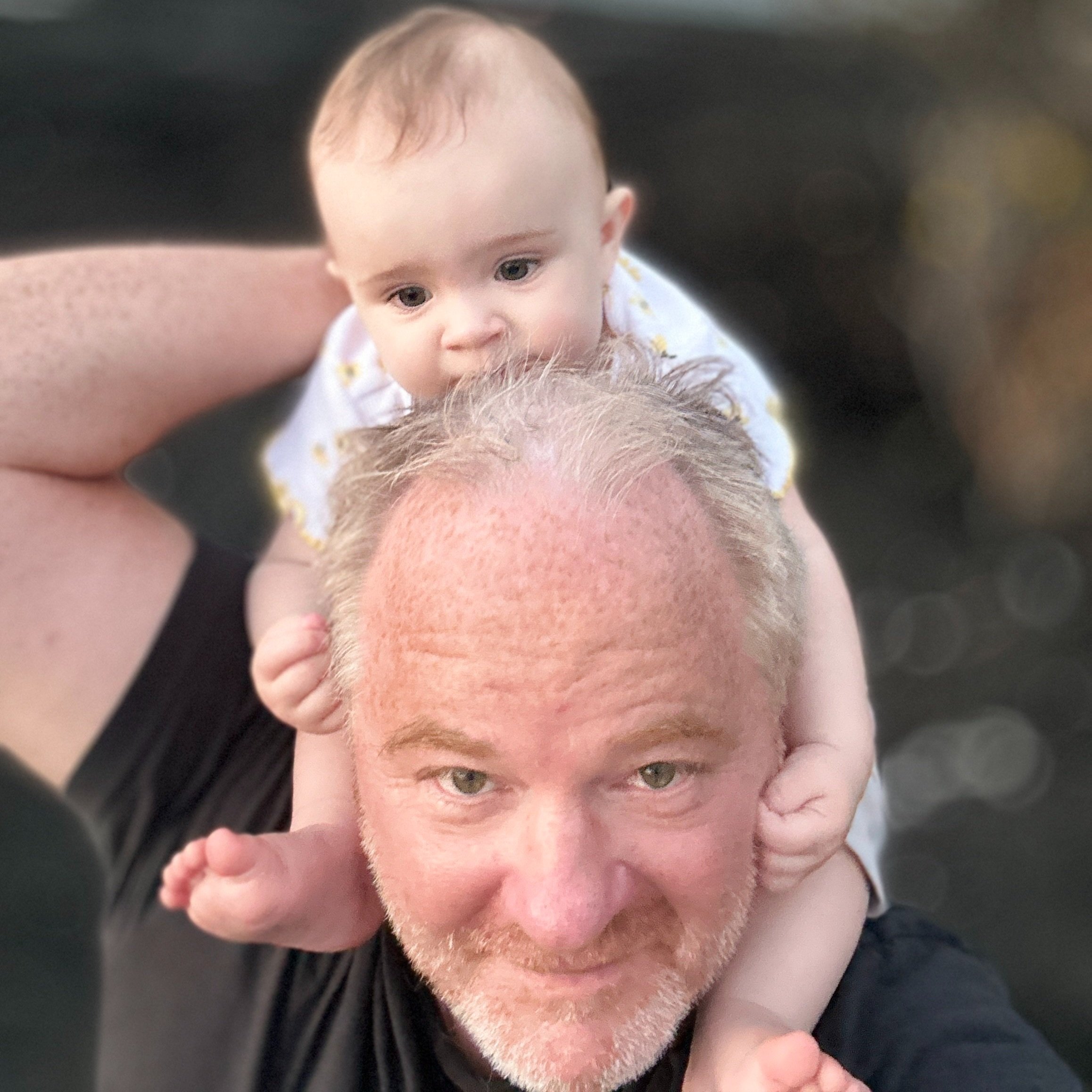
Bob Christensen - Value-add Business
Bob works through the Sustainable Southeast Partnership on community-based natural resource projects that integrate social, ecological and economic values because he believes that the vitality and resilience of nature and its peoples go hand in hand. He appreciates the opportunity to work with community catalysts on their local priorities and with his fellow regional catalysts on finding synergies between our often siloed disciplines. Bob is the sole proprietor of Living Systems Design, a consulting business based in Icy Strait that has been working to facilitate collaborative stewardship at home and abroad for about 25 years. Bob is proud to serve on the Leadership Team of the Rural Voices for Conservation Coalition so that he can learn from colleagues in his field, and share the lessons they have learned in southeast Alaska with a broader network of practitioners. His participation in the the SSP is supported by a variety of partner organizations, including the Nature Conservancy in Alaska and Sealaska. Bob lives on Lemesurier Island, near Glacier Bay, Alaska and have been working as an environmental consultant in Southeast Alaska for about 20 years. Bob loves to hunt, fish, kayak, hike and hangout with family and friends.
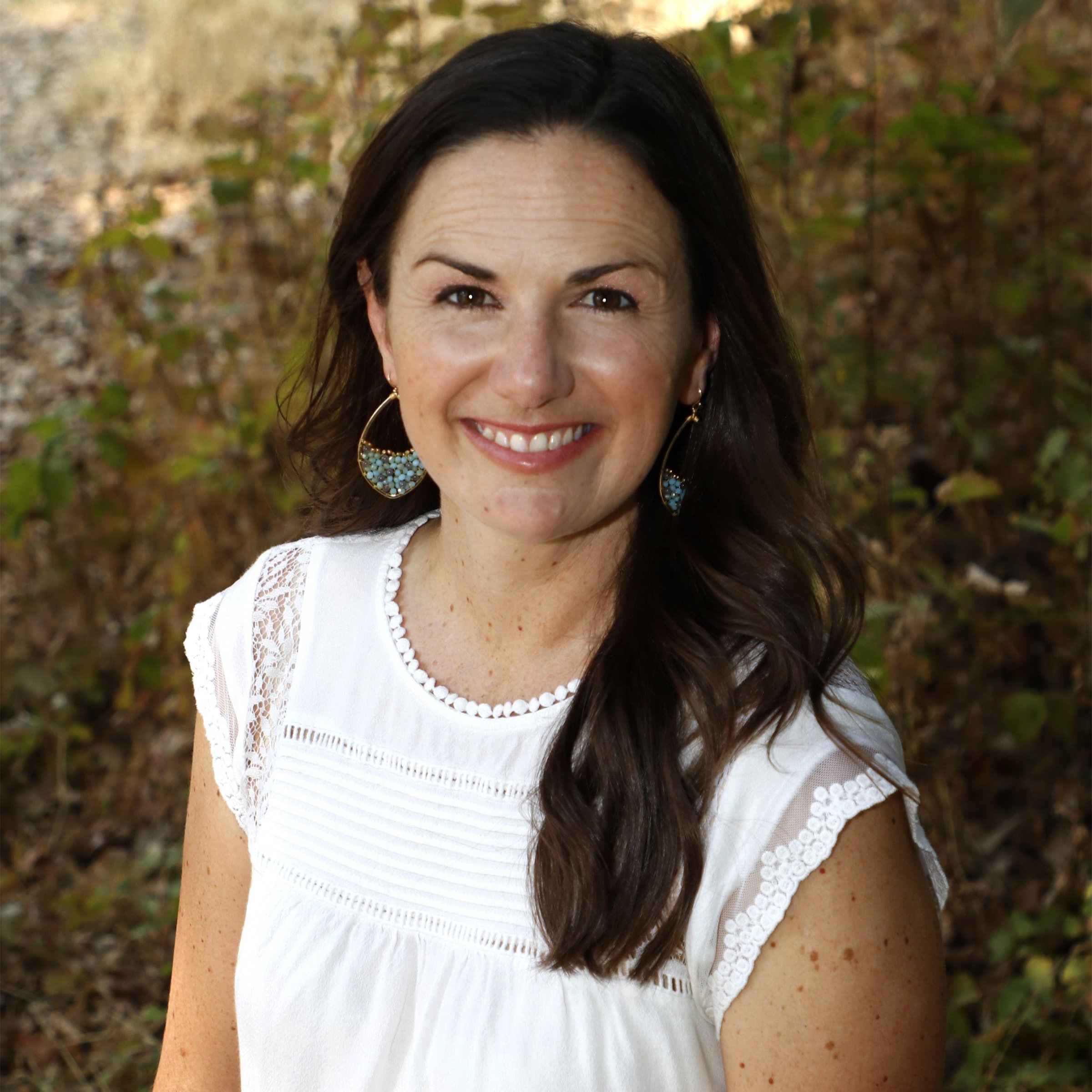
Brittany Covich - Welcome Plenary
Brittany Covich serves as the Policy and Outreach Division Chief at the Sierra Nevada Conservancy, a state conservancy under the California Natural Resources Agency, working to improve the environmental, economic, and social well-being of the Sierra-Cascade region. Covich began working for the SNC in 2007 after completing a Bachelor’s degree in Geography at Chico State. Covich worked directly with community partners on wildfire risk reduction and forest resilience projects as a grant manager and field representative and she now leads the SNC’s policy, communications, science, and community support work. Covich grew up in the Sierra-Cascade region and continues to live and play there with her husband and young son.
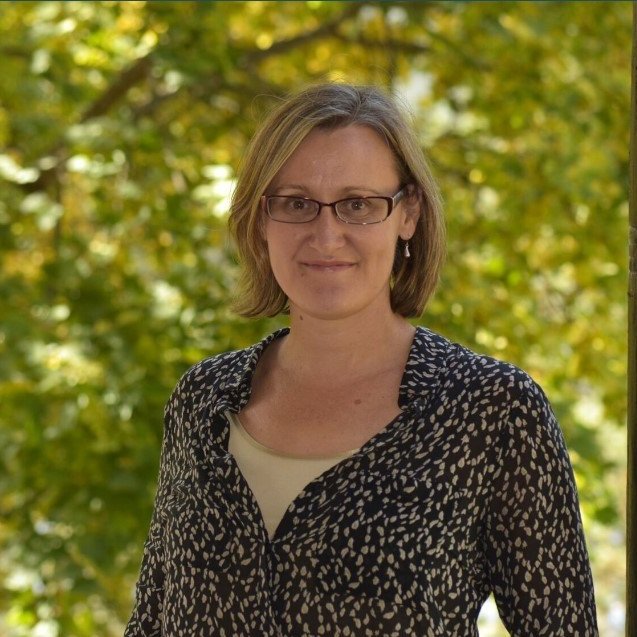
Sarah Di Vittorio - Federal Funding Accessibility: Barrier Breaking and Capacity Building
Sarah Di Vittorio serves as Director of Conservation Connect for the National Forest Foundation. She leads the NFF’s efforts to foster collaborative forest stewardship through facilitation, technical assistance, shared learning, and developing future collaborative leaders. Sarah holds a Ph.D. in Environmental Science, Policy, and Management from the University of California, Berkeley. Outside of work, she loves to explore the outdoors with her family and is slowly learning the art of high-elevation mountain gardening. Sarah is based in South Lake Tahoe, California.
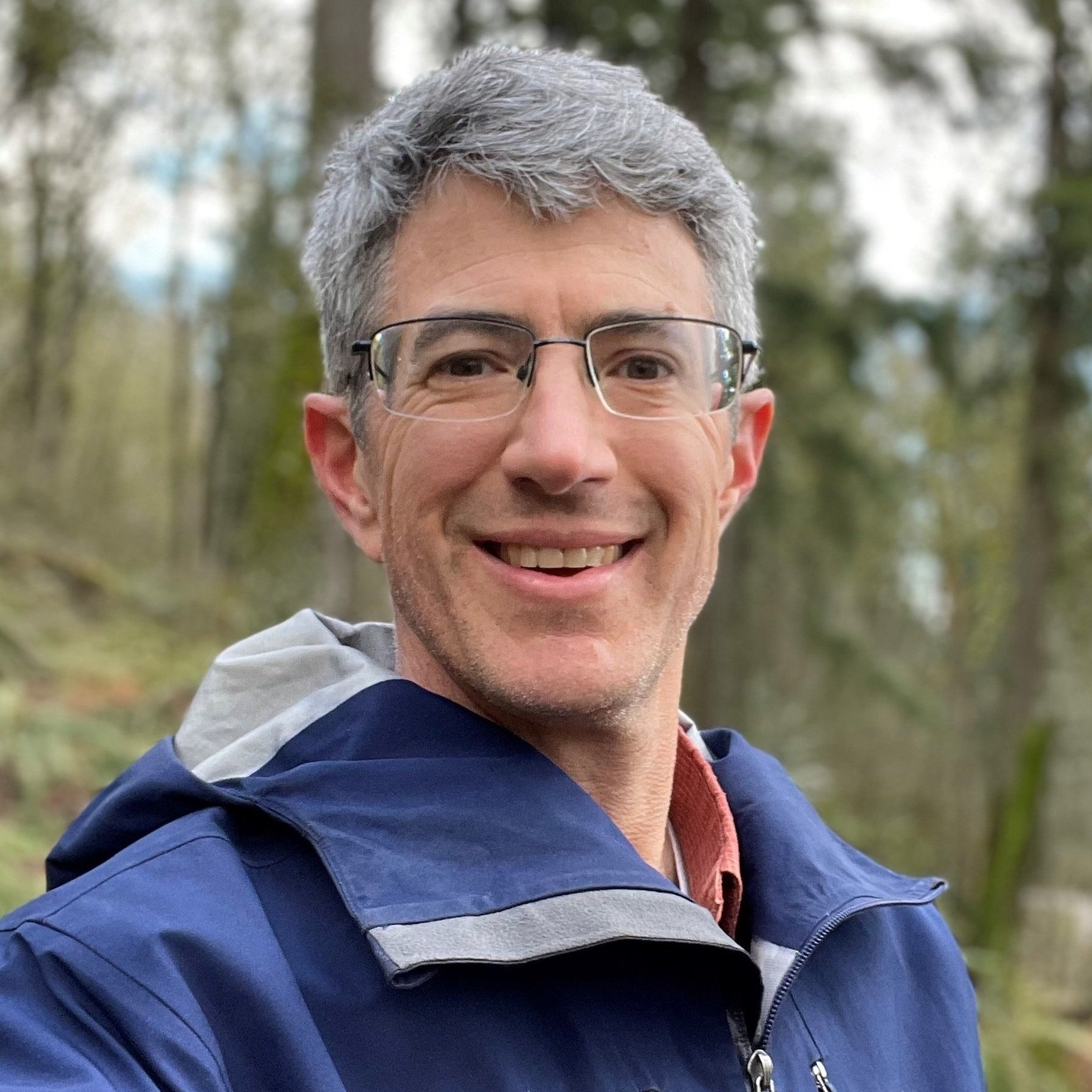
Zander Evans - Wildfire Resilience in Federal Policy
Dr. Alexander ‘Zander’ Evans is the Forest Stewards Guild’s Executive Director. He joined the staff at the Guild in 2006 to direct the research program after finishing his PhD at the Yale School of Forestry and Environmental Studies. Zander has published numerous peer reviewed articles on forest ecology and fire and is engaged in collaborative efforts to improve forest management, including the Southwest Fire Science Consortium and the Rural Voices for Conservation Coalition. As Executive Director, Zander focuses on building partnerships, promoting sound policy, and supporting on-the-ground implementation of ecological forestry.
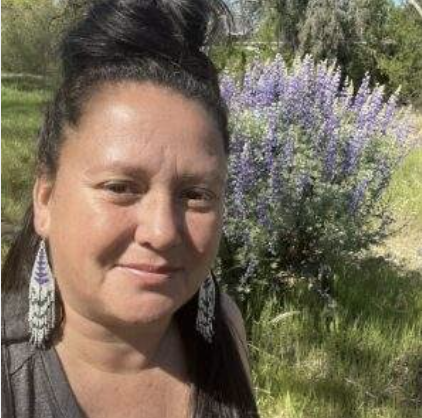
Angela Bolton-Tout - Equity and the Stewardship Workforce
Angela Bolton-Tout is a member of the Berry Creek Rancheria, Tyme Maidu Indians and the
Workforce Development Specialist with Sierra Institute for Community and Environment. She is a certified Tribal Naturalist who studies the life cycles of plants and their medicinal purposes, restoration practices, cultural burning, ITEK, reforestation, and post-wildfire land management.
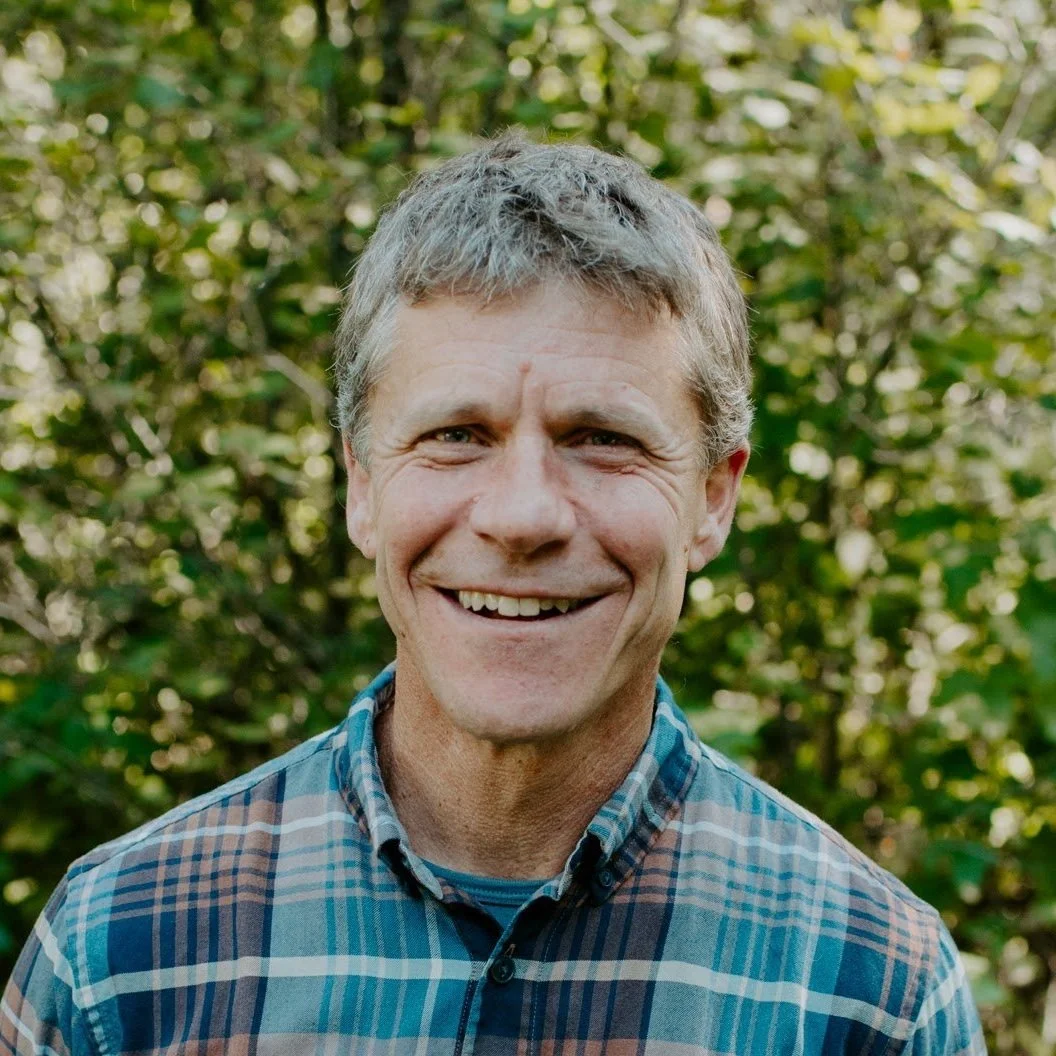
Nils Christoffersen- Opening Plenary
Nils is a graduate of both Williams College (B.A. in Economics) and Oxford University (M.S. Forestry) and has served on many local and national boards - including the National Commission on Science for Sustainable Forestry, Oregon Board of Forestry, and World Forest Center. He also served on the Enterprise School District Board from 2004-2017 and the Winding Waters Medical Clinic from 2014-2020. He is currently the chair of Rural Voices for Conservation Coalition's steering committee. RVCC advances placed-based policy solutions from across the rural West to advance stewardship economies associated with public and private working lands.
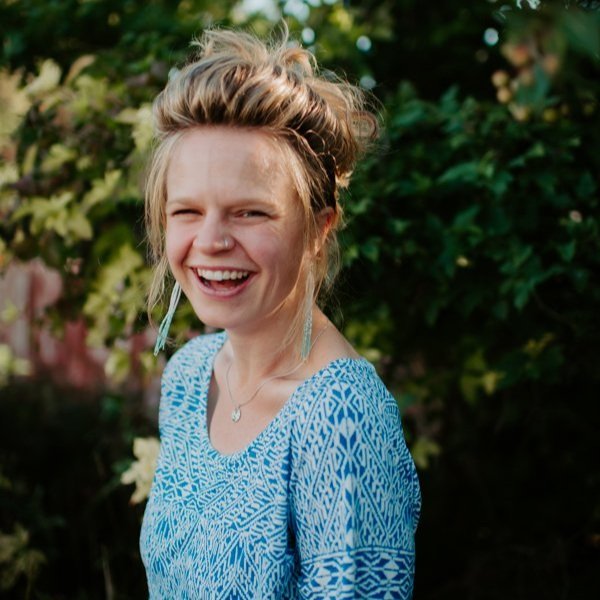
Alyssa Cudmore - Putting “All-Lands” into Practice
Alyssa Cudmore is the Forest Program Manager at Wallowa Resources in Enterprise, Oregon. In her role at Wallowa Resources, she has helped coordinate an all-lands forest and watershed restoration partnership that spans 10 million acres of private nonindustrial forestlands, 13 counties, two national forests, and two tribal nations. She will discuss how this collaboration was able to emerge and is working to generate and implement a collective, community-based vision of long term stewardship of the Northern Blue Mountains' forests, people and economies. Alyssa was born and raised on a small family woodland in the Willamette Valley in Oregon. She has masters degrees in Natural Resources Management and Regional Planning with a focus on rural development and conflict resolution from the University of Michigan. She has a background in housing and economic development, conservation corps, partnership coordination, and community based natural resource management work.
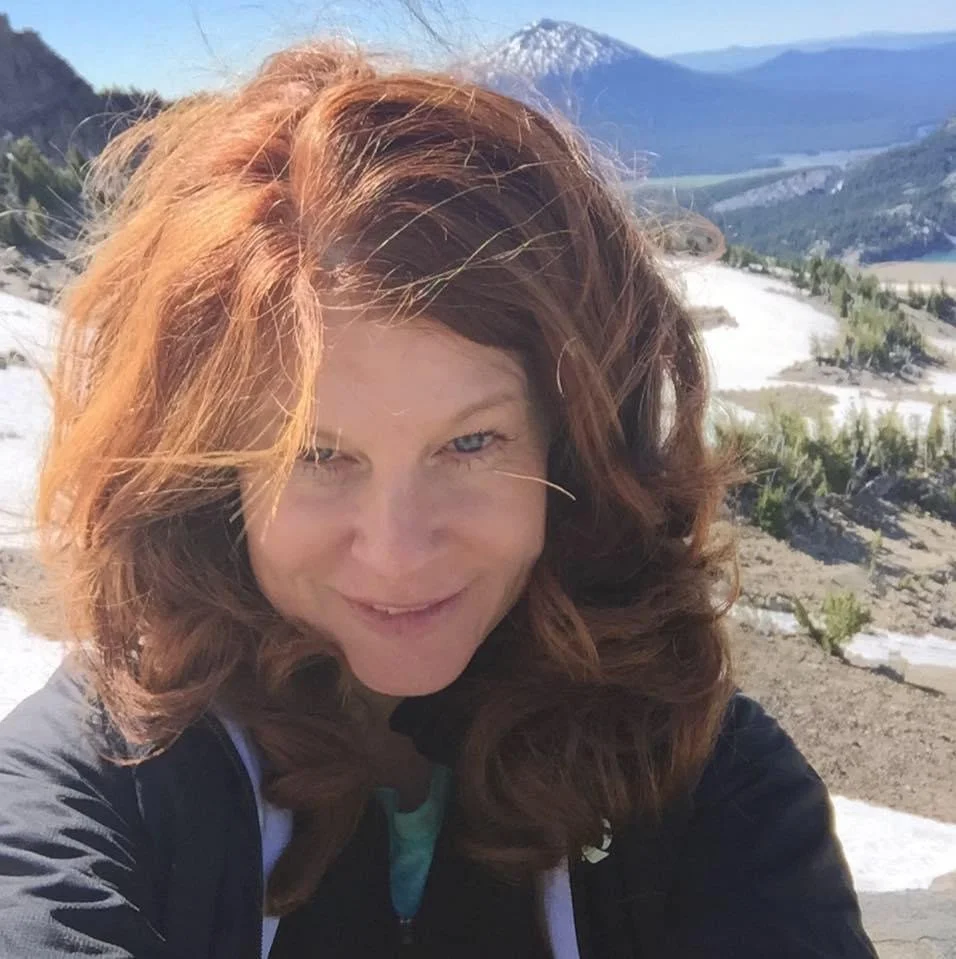
Vernita Ediger - Putting “All-Lands” into Practice
Dr. Vernita Ediger hails from the one stoplight town of John Day, Oregon. The daughter of a fourth-generation rancher and biology teacher. She earned a doctoral degree in environmental anthropology at Stanford University and has over 17 years of experience developing and facilitating social learning and engagement processes, consensus decision process, and conflict resolution processes. She has served as the Executive Director and facilitator of Blue Mountains Forest Partners and Central Oregon Forest Stewardship Foundation, and facilitated the Deschutes Collaborative Forest Project’s Restoration Planning Subcommittee and the Ochoco Forest Restoration Collaborative. Vernita is currently a full time instructor in the Forest Ecosystem and Society Department at Oregon State University in Corvallis, and oversees the Central Oregon Shared Stewardship Project.
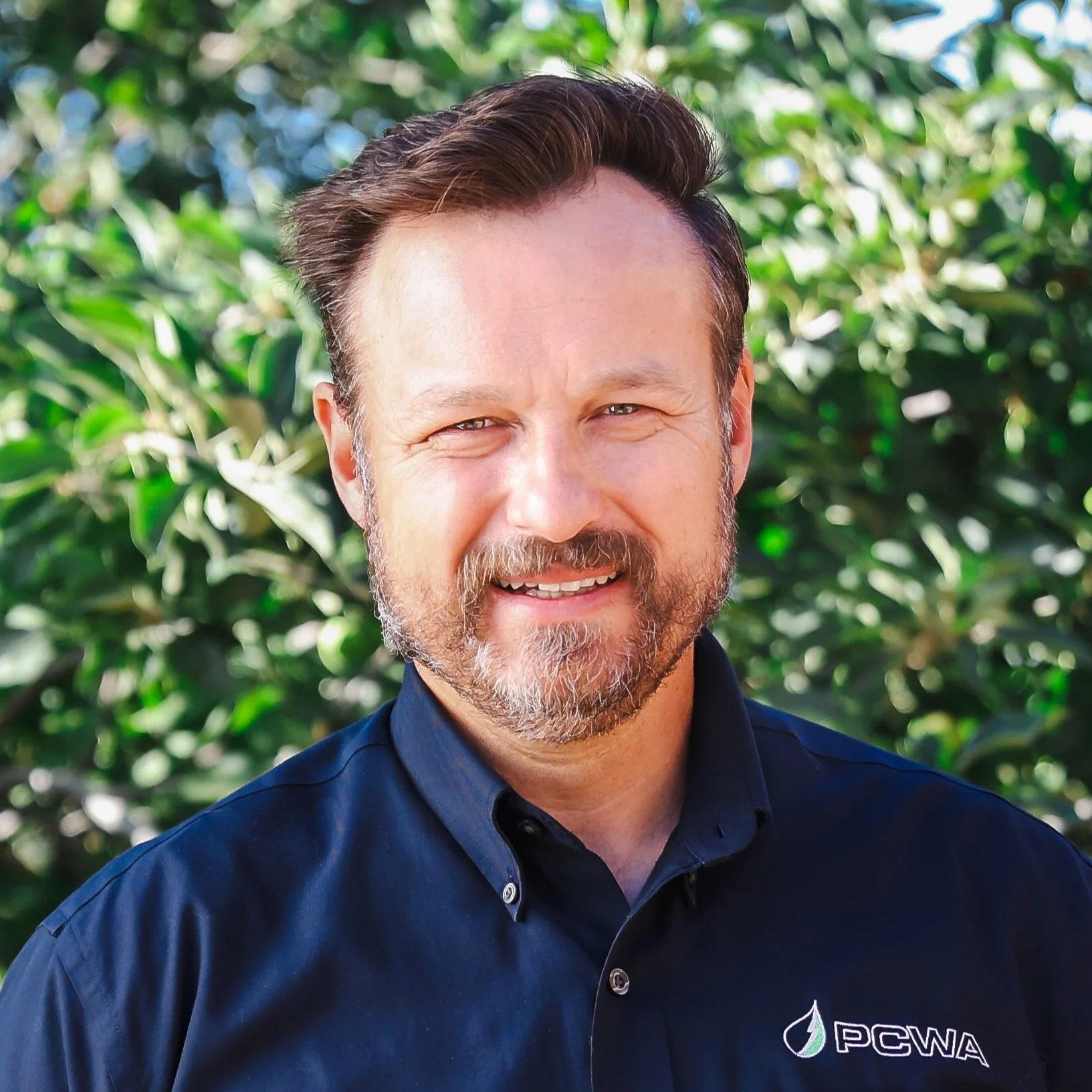
Andy Fecko - Wildfire Resilience in Federal Policy
Andrew Fecko serves as the General Manager for Placer County Water Agency. He has worked in the water and energy field for 25 years, with a particular interest in water supply infrastructure and hydro- electric energy. In his 15 years at PCWA, Andrew has focused on licensing the Agency’s Middle Fork Project and marketing the Project’s energy output, legislative and regulatory affairs, securing the Agency’s water rights and entitlements, and watershed management issues. Andrew began his role as PCWA’s General Manager in March of 2020.Andrew Fecko serves as the General Manager for Placer County Water Agency. He has worked in the water and energy field for 25 years, with a particular interest in water supply infrastructure and hydro- electric energy. In his 15 years at PCWA, Andrew has focused on licensing the Agency’s Middle Fork Project and marketing the Project’s energy output, legislative and regulatory affairs, securing the Agency’s water rights and entitlements, and watershed management issues. Andrew began his role as PCWA’s General Manager in March of 2020.
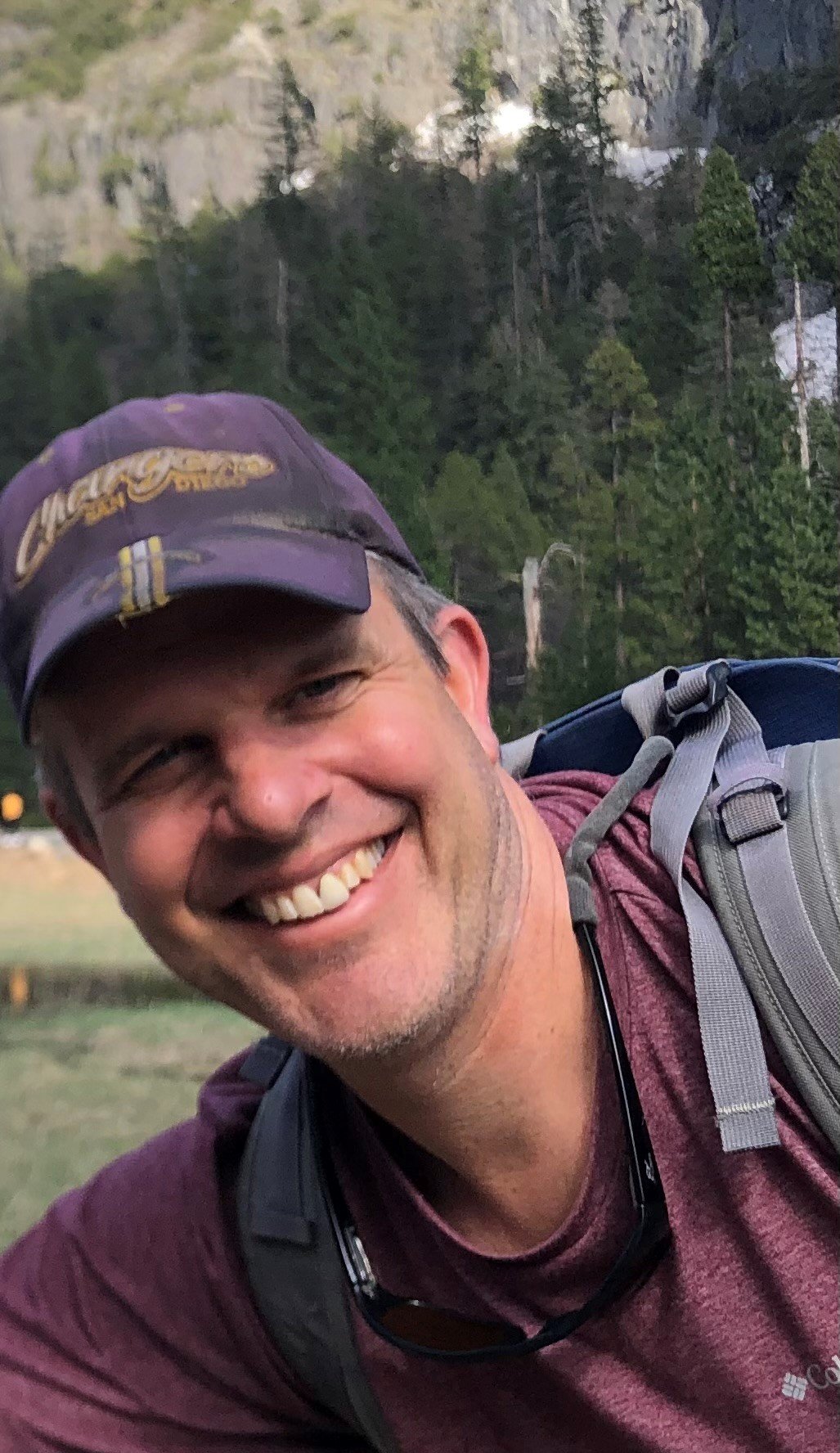
Eric Byous - Federal Funding Accessibility: Barrier Breaking and Capacity Building | Community-driven Rural Development
Eric Byous is a Technical Lead for the Climate Pollution Reduction Grant Program with the U.S. Environmental Protection Agency’s Pacific Southwest Region and also has expertise in impacted site assessment, cleanup, and redevelopment. He works with EPA grant recipients, tribes, local governments, nonprofit organizations, and other communities to identify technical solutions and funding resources that facilitate greenhouse gas mitigation (including nature-based solutions), impacted site redevelopment, and renewable energy projects.
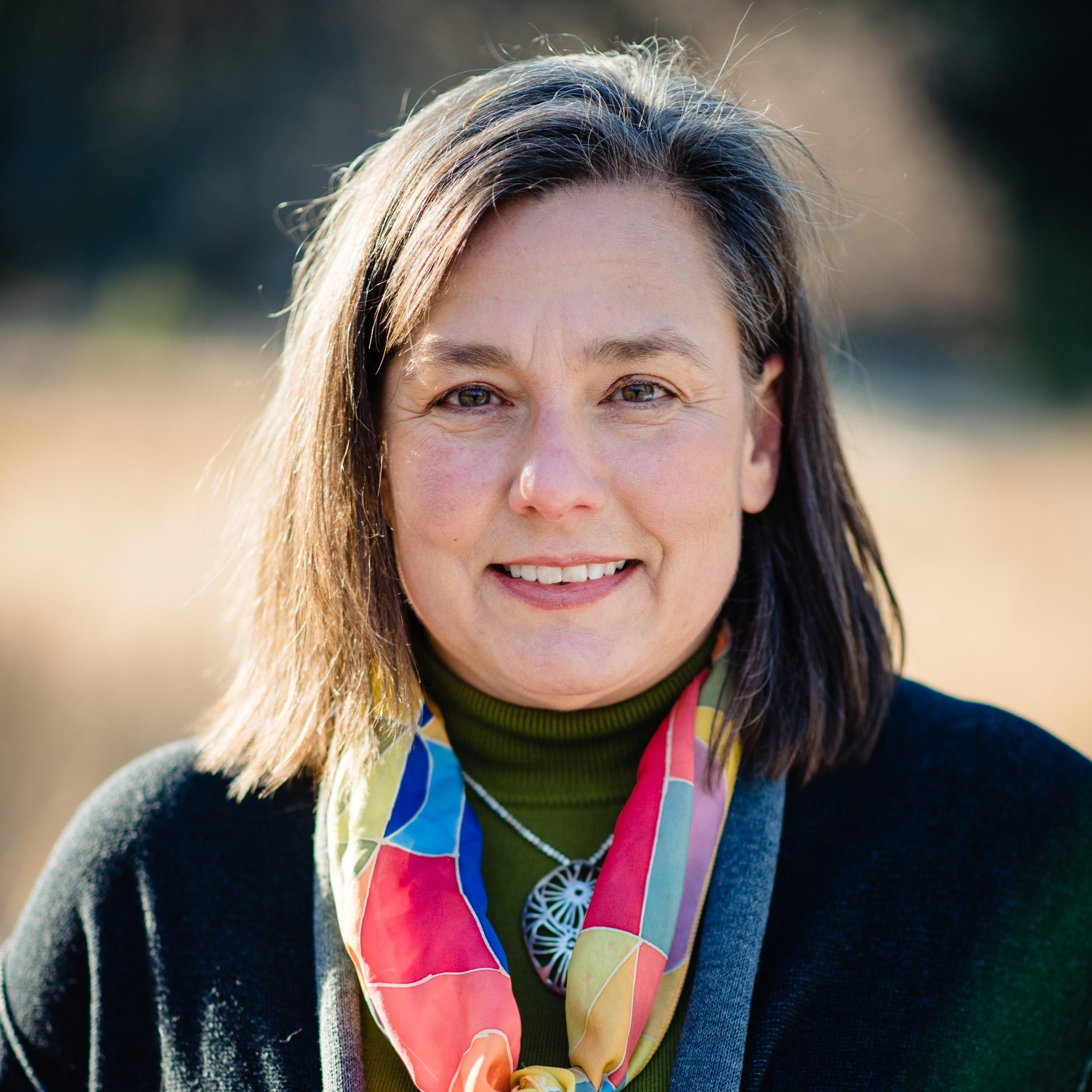
Diane Conradi - Community-driven Rural Development
Diane has a passion for inspired access to nature close to home. She started Montana Access Project so communities, nonprofits, and public and private land managers don't have to start at "Square One" when dreaming, creating, and growing the quality outdoor recreation access they seek. As an experienced attorney, founder and advisor to Whitefish Legacy Partners/Whitefish Trail, Montana State Parks Foundation, appointed member to the Montana Environmental Quality Council, Flathead Reservation Fish and Wildlife Commission, and Montana's first State Parks and Recreation Board, she knows the difference that high-quality nature-based recreation access makes to the economy, community health and quality of life for residents and visitors alike.
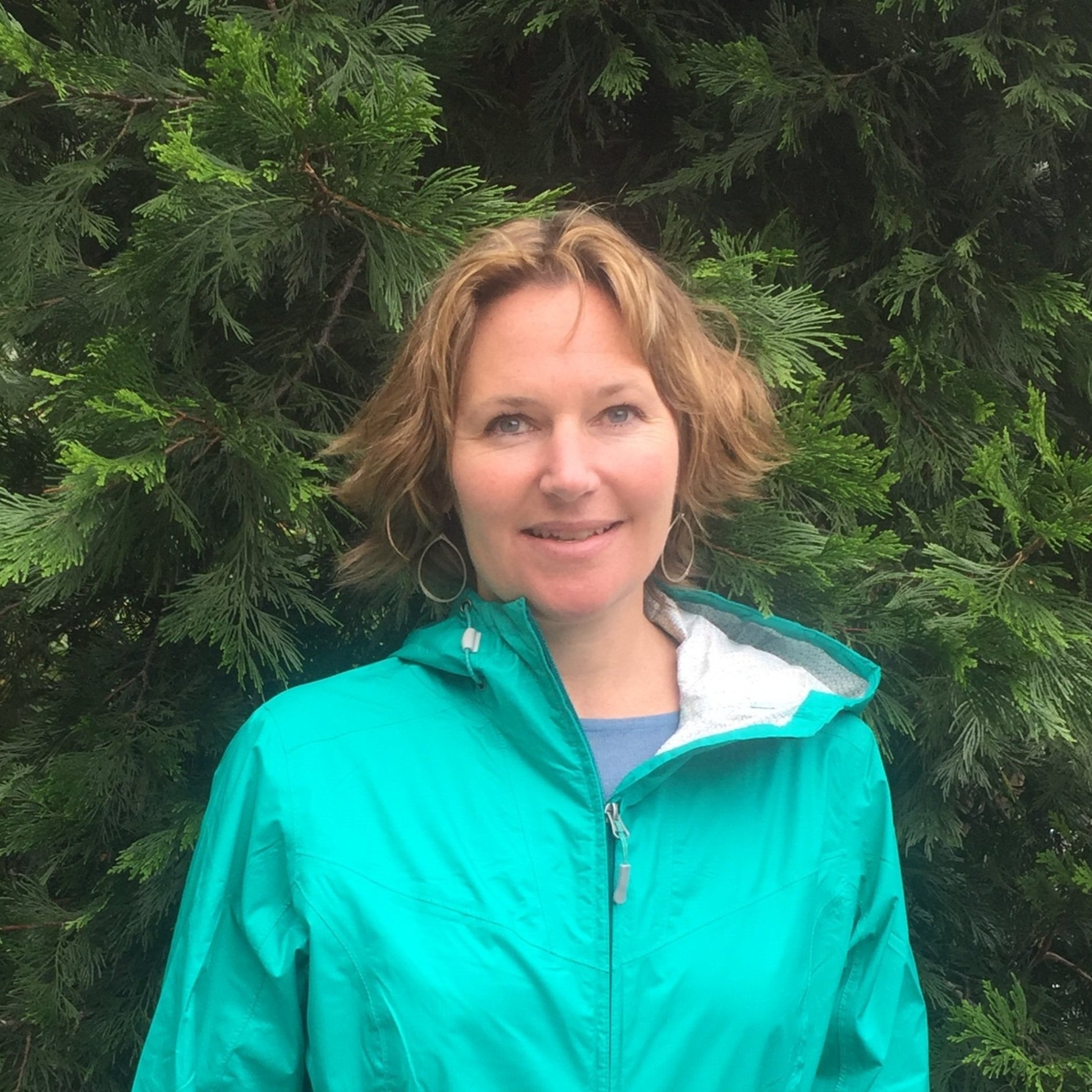
Brent Davies - Emerging Markets, Conservation Finance, and Rural Community Benefit
Brent Davies has spent the last two decades focused on ecosystem restoration and climate-smart forestry. In her current role as President of Vibrant Planet Data Commons, she is curating and translating data into stories and visualizations that demonstrate the forest and community benefits of restoration. Prior to joining VPDC, Brent led the Forest and Ecosystem Services program at Ecotrust. She received a Master of Science degree from the University of Washington and co-manages her family forestland in Oregon.
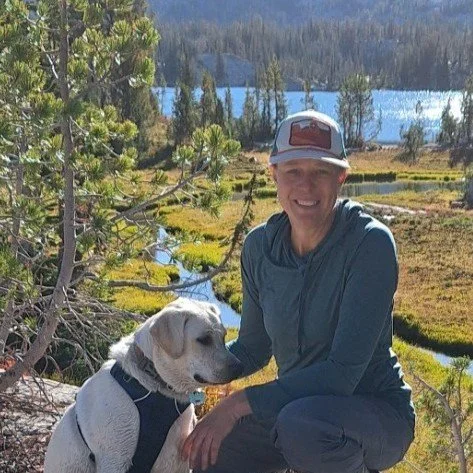
Jen Elliot - Storytelling Panel
Jen lives in Moscow, Idaho with her two children Sam and Ella Mae. She joined the district in 2022 after
running her own grass-fed beef operation in Troy, Idaho for 16 years. She specializes in native plant
restoration, regional land use planning, conservation agriculture, and environmental education. She is
passionate about working with landowners to utilize innovative practices to improve soil health and to
bring collaborative partners together to further conservation efforts. In her leisure time, Jen enjoys
creating art with natural fibers and materials, digging in the garden, and spending time outdoors on
rivers and trails in the wilderness with family and friends.
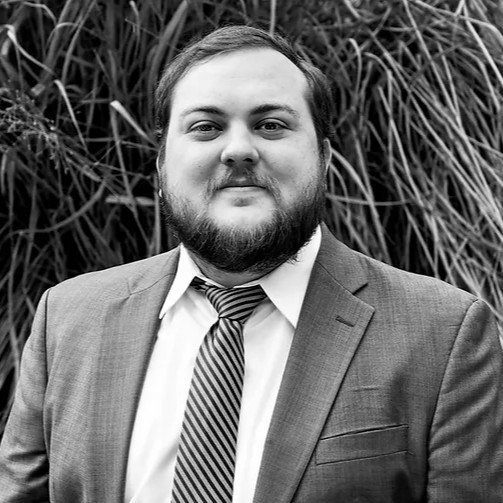
Brett Fulcer - Political Realities Panel
Brett Fulcer is a Vice President at the Brumidi Group, a D.C.-based government affairs consulting firm. Brett helps clients navigate a range of policy areas, including economic development, transportation, outdoor recreation, emergency management, and conservation. Before joining the Brumidi Group, Brett was a professional staff member for the House Committee on Transportation and Infrastructure, where he negotiated the inclusion of provisions in major pieces of legislation, including the IIJA, CARES Act, American Rescue Plan Act, and CHIPS and Science Act. Brett earned his J.D. from George Mason University and a bachelor’s degree in political science from Virginia Tech. He lives in Denver, CO.
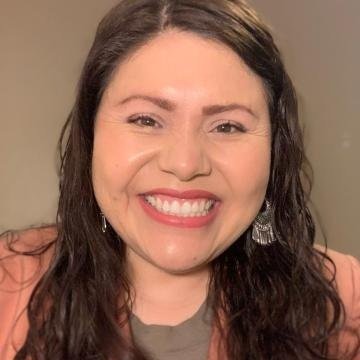
Maria Gallegos-Herrera - Welcome Plenary
Maria Gallegos Herrera is a proud daughter of farmworker parents who grew up in the rural agricultural communities in the heart of California’s San Joaquin Valley. She joined the Office of Governor Gavin Newsom in 2019 as the Central California Deputy Regional Director of External Affairs and in July of 2021 was promoted to Central California Regional Director. Gallegos Herrera previously served as a Community Development Manager at Self-Help Enterprises, a nationally recognized community development organization dedicated to working with low-income families to build and sustain healthy communities. She previously held positions at the Community Water Center and the California Department of Food and Agriculture. Throughout her career, Gallegos Herrera has tackled water contamination and shortages, improved access to government, and worked to create resilient and sustainable communities through relationship building, community organizing, advocacy, legislation, and technical assistance. Gallegos Herrera also served on the California Water Commission from 2015 to 2019 and was the recipient of the 2019 Rachel’s Network Inaugural Catalyst Award.
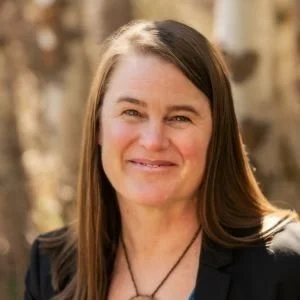
Laurel Harkness - Welcome Plenary
Laurel has a diverse background in outdoor recreation, place-based natural resources, community development, and working landscapes. Prior to joining RVCC, she served in the California Governor’s Office of Business and Economic Development working to support resilient, equitable, and sustainable economies in rural communities. Laurel has many years of experience working collaboratively in rural communities, advancing equity in the outdoors, growing stewardship economies, and supporting wildfire recovery and forest resilience. Laurel has played key roles in large landscape conservation efforts across the west and has gained a specific focus on centering Indigenous futures in the advancement of place-based solutions. Laurel is based in Mt. Shasta, CA. She is a graduate of U.C. Davis (B.S. Soil & Water Science / Viticulture) and is currently a graduate student in Rural Policy at Oregon State University.
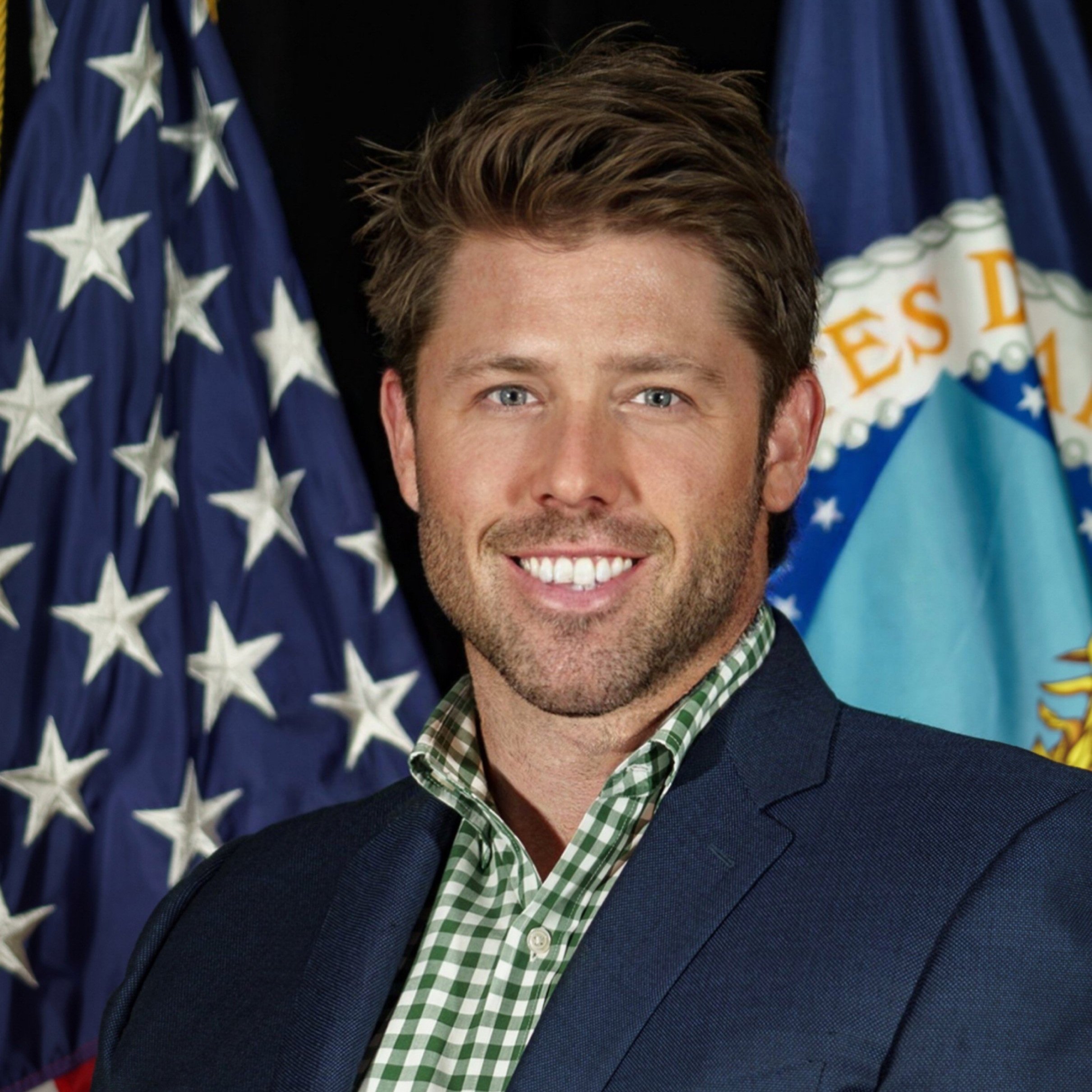
Lucas Ingvoldstad - Community-driven Rural Development
As a White House appointee, Lucas serves as the State Director for USDA-RD, NV, where he is the Chief Executive for the agency and provides leadership in creating and implementing policy and program execution to ensure alignment of these areas with goals of the Administration.
In this role, Lucas implements national policies with efforts to maximize opportunity for an improved quality of life for rural communities throughout Nevada. Additionally, he plans and executes a public relations program utilizing all informational and educational resources, including mass media, to improve awareness of RD mission area programs by individuals, groups, and the general public.
Lucas also served as a senior advisor to U.S. Majority Leader Harry Reid (D-NV), where his focal areas included energy, agriculture, and natural resource issues. He was responsible for regularly communicating with Nevadans on issues relating to energy, public lands, water, natural resources, and economic development, and worked directly with Native American tribes.
A native Nevadan born and raised in Reno, Lucas attended the University of Nevada, Reno where he earned his Master of Science degree in Land Use Planning Policy in 2011 and a Bachelor of Arts in Psychology in 2005.
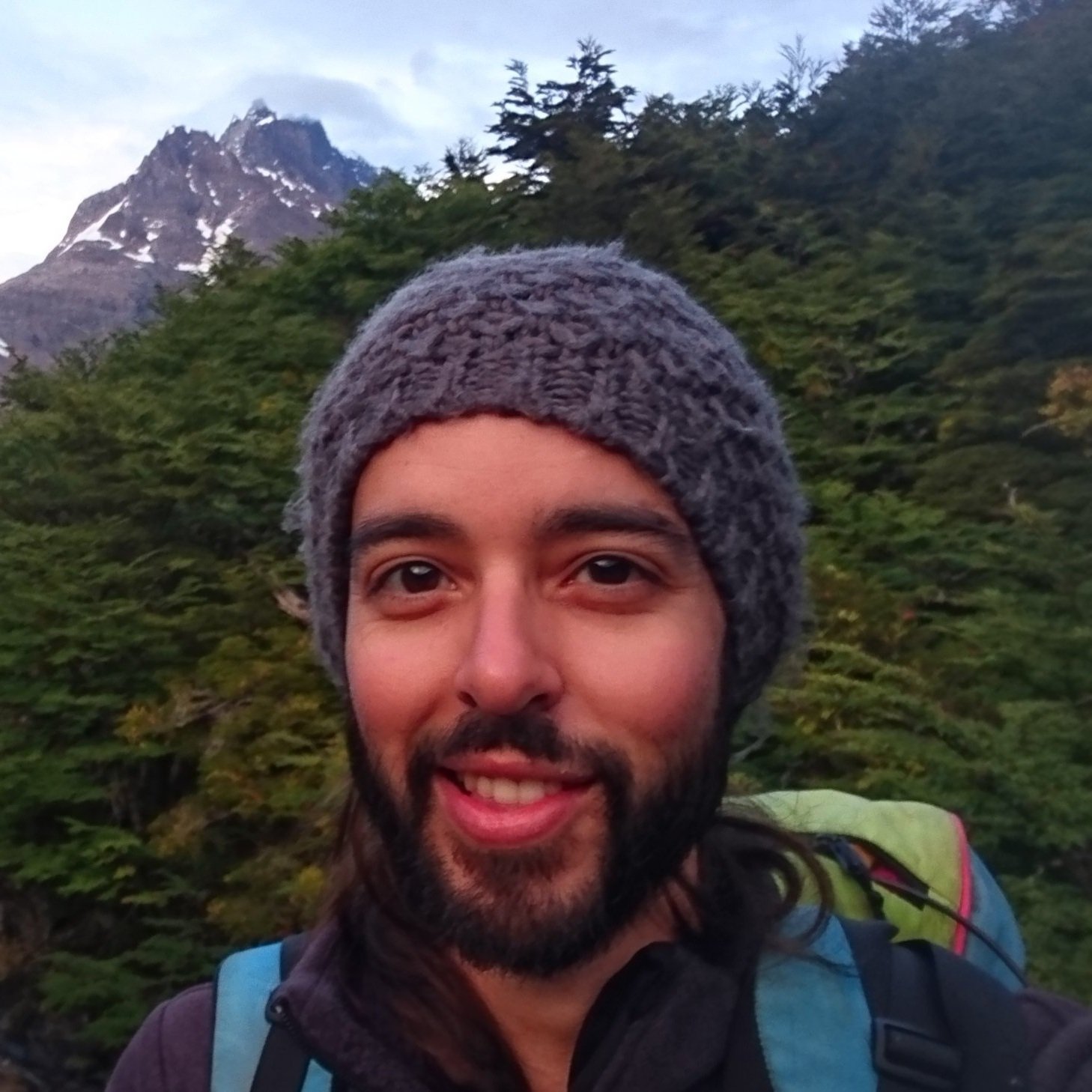
Manuel Machado - Equity and the Stewardship Workforce
Manuel Machado (he/él) is the Workforce Program Coordinator at Oregon State University's Forestry & Natural Resources Extension program. Manuel is a bilingual adult educator currently working with community-based organizations to develop learner-centric educational materials for Latinx forest workers, and produce Extension programming focused on raising awareness of the labor-intensive forest workforce and building solidarity across Oregon's forestry workforce to make it safer and more equitable.
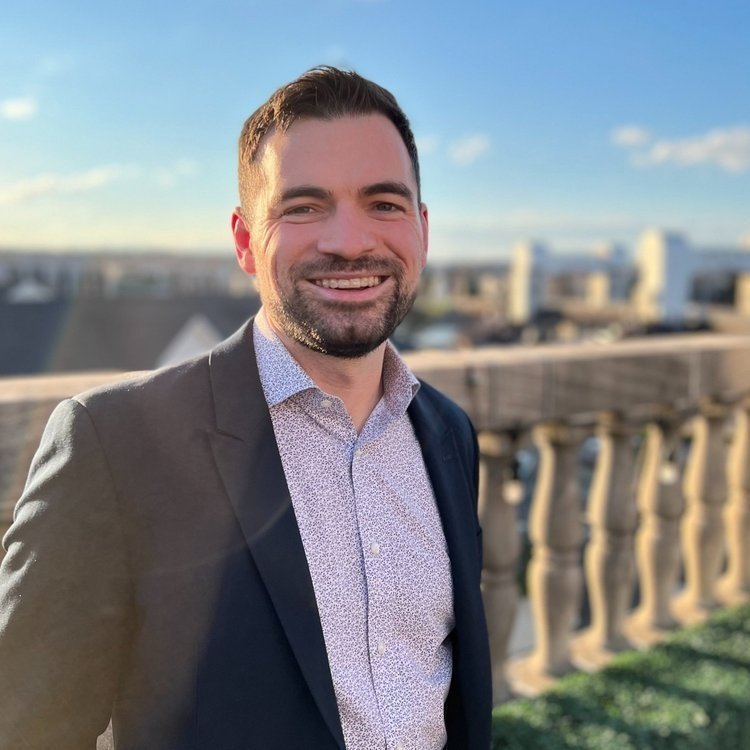
Johnny Mojica - Sustainable and Accessible Recreation
Johnny co-founded Radbridge in February of 2022, following 8 years of experience in the nonprofit sector. He is currently engaged in an effort with the El Dorado Water Agency to assess the economic benefits of outdoor recreation in the upper American River watershed. Prior to Radbridge, Johnny led numerous studies aimed at quantifying the economic impacts of outdoor recreation, executing state-wide studies in both Washington and Oregon, as well as regional studies throughout the country. Johnny has also earned a strong reputation for conducting FEMA-compliant Benefit-Cost Analyses (BCAs), instrumental in securing community funding for post-disaster mitigation projects.
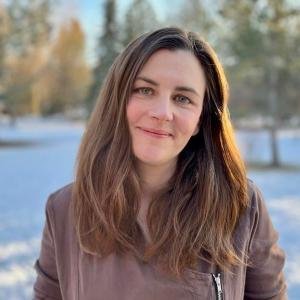
Ryanne Pilgeram - Community-driven Rural Development
Ryanne Pilgeram started with The Wilderness Societies as their Regenerative Economies Manager in 2023. Having spent over a decade as a rural sociology professor her work focused on transitioning rural communities and she is the author of numerous publications, most recently a book, “Pushed Out,” which examines the structural causes of inequality in rural communities. At The Wilderness Society, Ryanne’s work centers on developing strategies and policies at the intersection of public land conservation and rural communities in transition. Ryanne has deep connections to the American West where she grew up in a ranching family and spent many summers as a tour guide in National Parks.
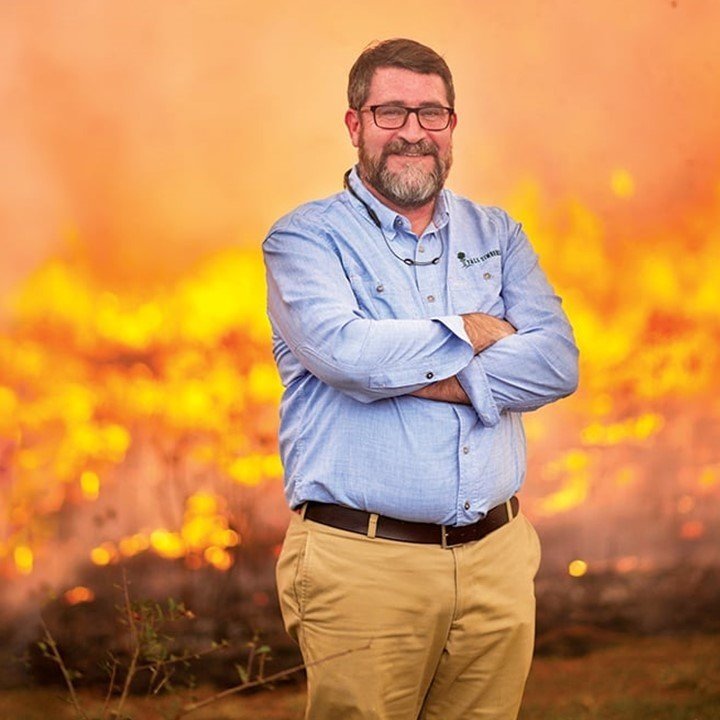
Morgan Varner - Beneficial Fire: Policy Barriers and Opportunities
Dr. Morgan Varner is Director of Research and Senior Scientist at Tall Timbers, a non-profit research station and land conservancy in Tallahassee, Florida. He has authored more than 140 peer-reviewed articles and book chapters on fire ecology and the impediments to prescribed fire use in North America. Morgan is passionate about restoring ecological and cultural connections between burning and fire-prone ecosystems. He is engaged in regional and national fire policy, having testified in the US Senate and serving in multiple fire leadership roles, including the past Chair of the Coalition of Prescribed Fire Councils.
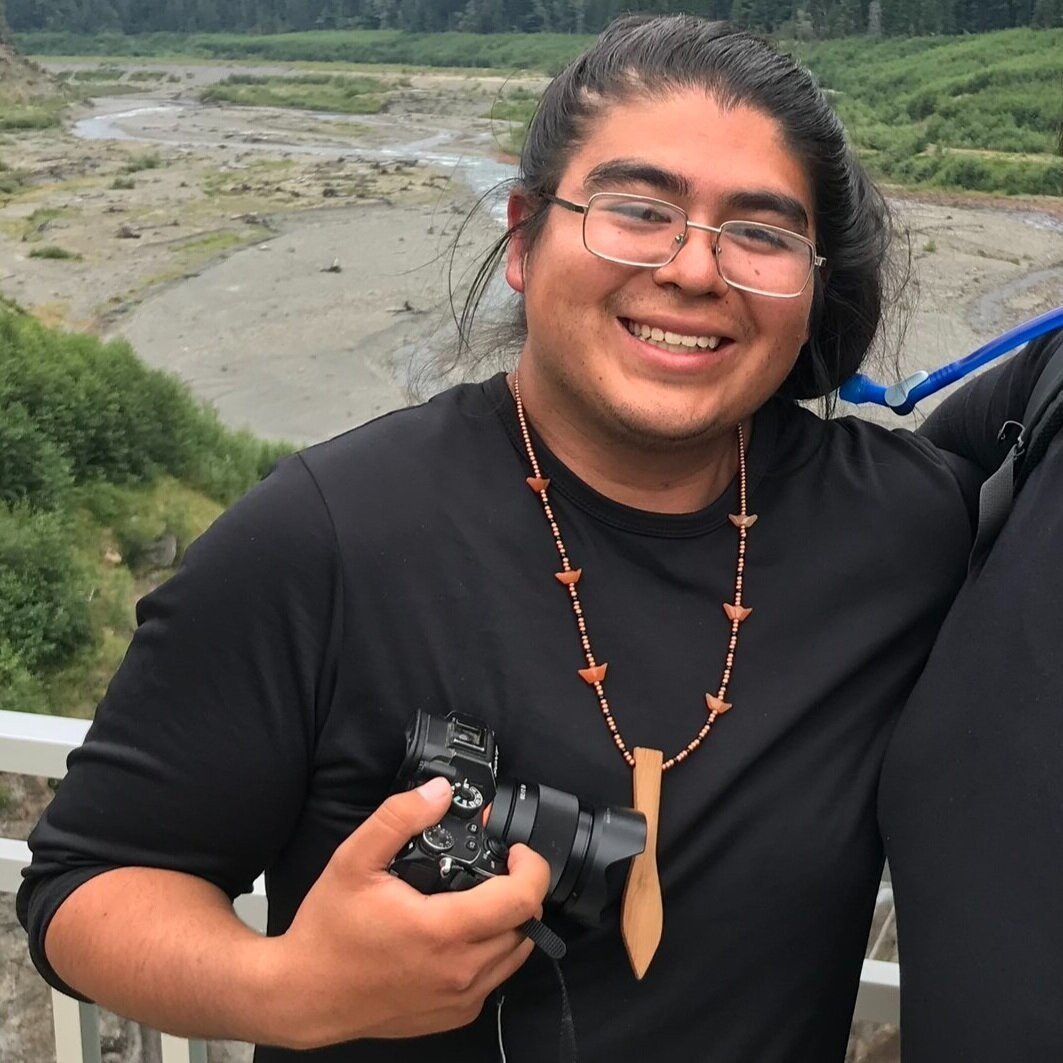
Paul Wilson - Storytelling Panel
Paul Robert Wolf Wilson is a Klamath & Modoc Photographer, based in his ancestral homelands of Southern Oregon and Northern California. His works focus on the connections between peoples, the lands and waters they steward, and the cultures that tie them together. A Leader in Environment, Access, and Diversity (LEAD) Ambassador for Northwest River Supplies (NRS), Paul works to provide opportunities for indigenous youth to strengthen and grow relationships with their rivers through white-water recreation. As an alumni of Ríos to Rivers, he co-founded the Chiloquin Kayak Club with his sister, Ashia, to help bring access to paddling to their tribal community. Paul has also actively worked to change policy around dams and endangered rivers worldwide, attending UNFCCC COP events and serving as an advisory member for Water Climate Trust.
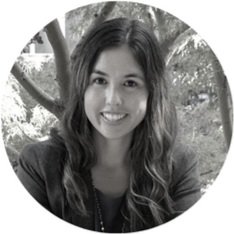
Rebecca Guo - Sustainable and Accessible Recreation
Rebecca Guo joined the EDWA staff as a Water Resources Engineer, was appointed Interim General Manager in June 2023, and recently became General Manager as of September 2023. Rebecca has supported EDWA since 2016 on various projects including planning for stormwater resources, drought contingency, small water system reliability and watershed management, Caldor Fire recovery, and grant application development, among others. Rebecca also assisted EDWA in facilitating various stakeholder meetings and forums to promote integrated water management and collaborative implementation of the Water Resources Development and Management Plan to achieve long-term water resilience and economic prosperity. In addition to her work in El Dorado County, Rebecca has 14 years of experience leading, managing, and supporting projects addressing a broad range of water resources issues, including long-term water supply reliability, drought resiliency, flood management, and hydrologic and hydrology studies. She has conducted a wide range of appraisal, reconnaissance, and feasibility-level investigations for multi-benefit water resource projects. She has also worked with numerous clients and stakeholders to communicate technical issues and coordinated a diverse range of interested parties for large-scale multi-benefit and adaptive planning projects. Rebecca received her Master of Science in civil and environmental engineering from Stanford University. She is a licensed professional civil engineer in California, a certified ENVISION specialist by the Institute of Sustainable Infrastructure, and a certified Project Management Professional.
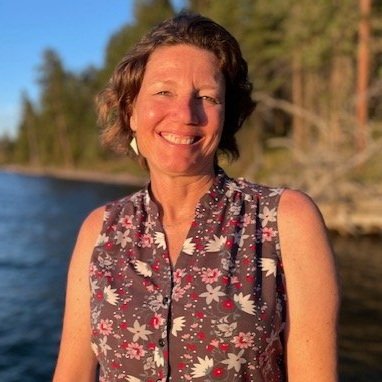
Jody Holzworth - Welcome Plenary
Jody Holzworth currently serves as the Deputy Regional Forester for Region 5 U.S. Forest Service, covering operations, including recreation, engineering and communications. She previously served as the Deputy Regional Director for the U.S. Fish & Wildlife Service for California, Nevada and the Klamath Basin. Jody also has served as the national Director of Communications for the Natural Resources Conservation Service. She grew up on a farm in Montana and has spent her 30-year career involved in conservation and natural resources issues across the West. She enjoys time with her husband and dog Lucy, traveling and exploring the outdoors.
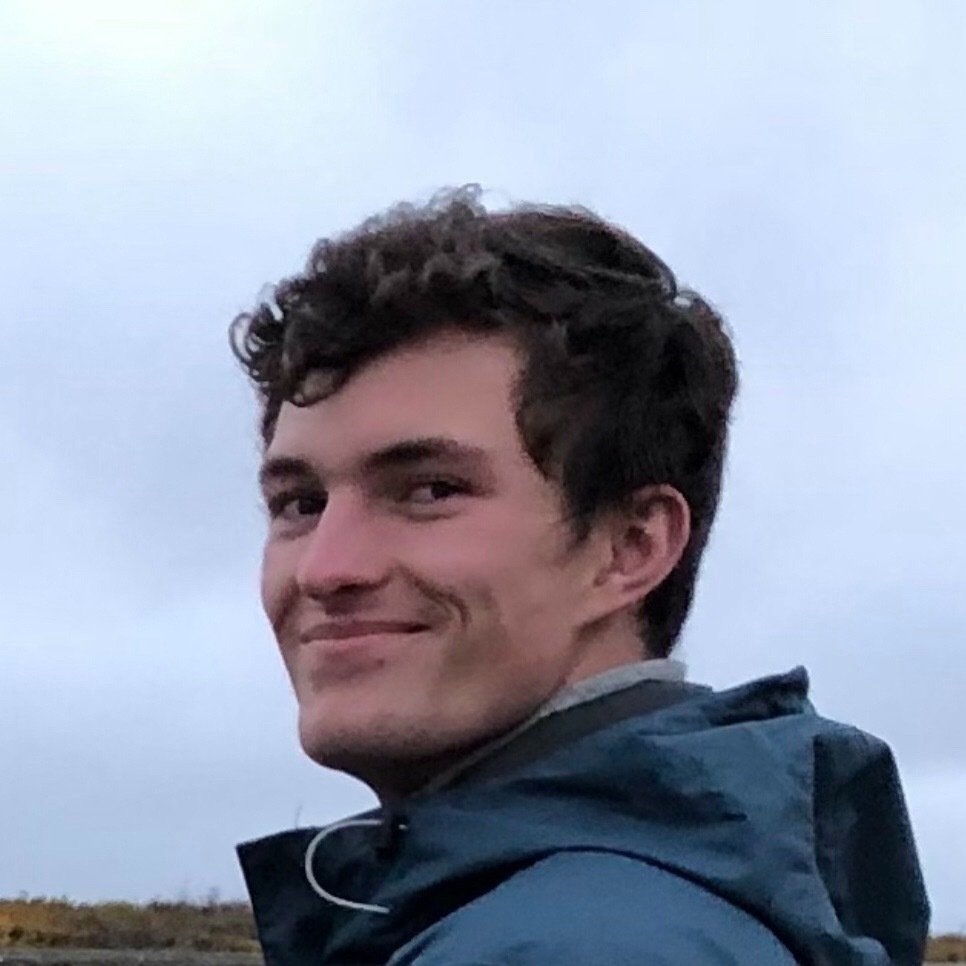
Cole Jenson - Community-driven Rural Development
Cole earned his M.S. in Environmental Policy and Management at the University of California, Davis, with a focus on sustainable agriculture and wood utilization for wildfire resilience and rural community benefit. Before moving to California, Cole’s wide ranging path included studies in neuroscience and music at Duke University and a couple of years of rural public health work in Nome, Alaska. This all led him to work at the intersection of the wellbeing of our communities and our environments. Outside of work, Cole enjoys hunting, skiing, biking, and boardgame rivalries.
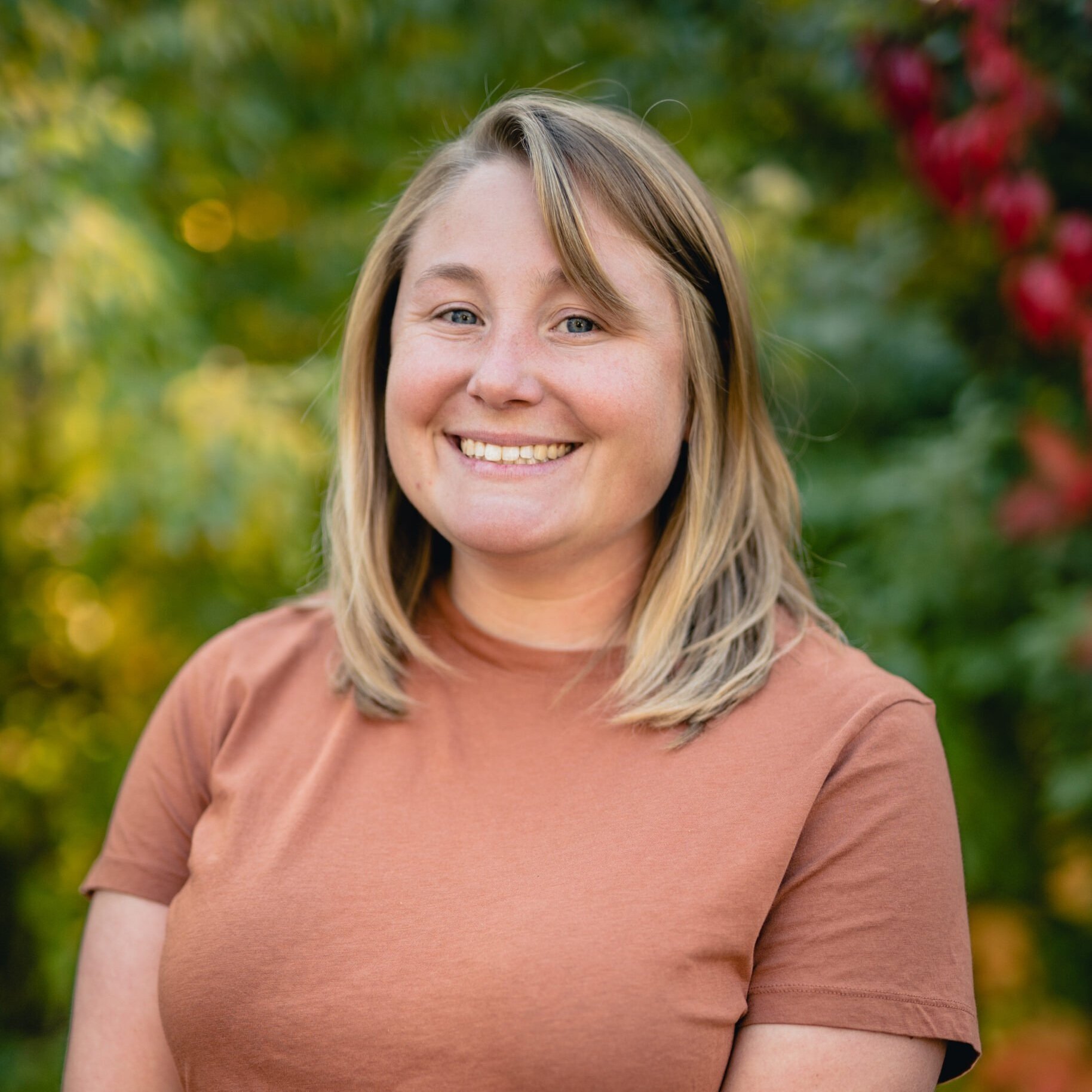
Kara Maplethorpe - Community-driven Rural Development
Kara is the Rural Development Manager for the Heart of the Rockies Initiative. Kara has worked for over eight years in rural southwest Montana, collaborating with communities on locally-driven projects. She enjoys listening, learning and collaborating with people of various perspectives, as well as finding opportunities to amplify community voices while setting the stage for future generations. When she isn't working, Kara loves adventuring in the outdoors with her dogs, or curling up with a good book.
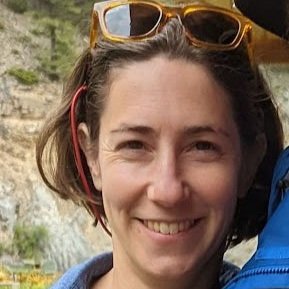
Kerry Morse - Federal Funding Accessibility: Barrier Breaking and Capacity Building
Kerry Morse is the National Forest Foundation’s Conservation Awards Manager. She oversees all grant award programs to support the strategic conservation goals of the NFF and its local, regional and national partners. Kerry’s experience with rural causes and organizations includes over 15 years of work in a variety of capacities including program management, development, administration, outreach and communications. Prior to joining the NFF in 2017, Kerry worked for nearly a decade at The Sierra Fund in northern California.
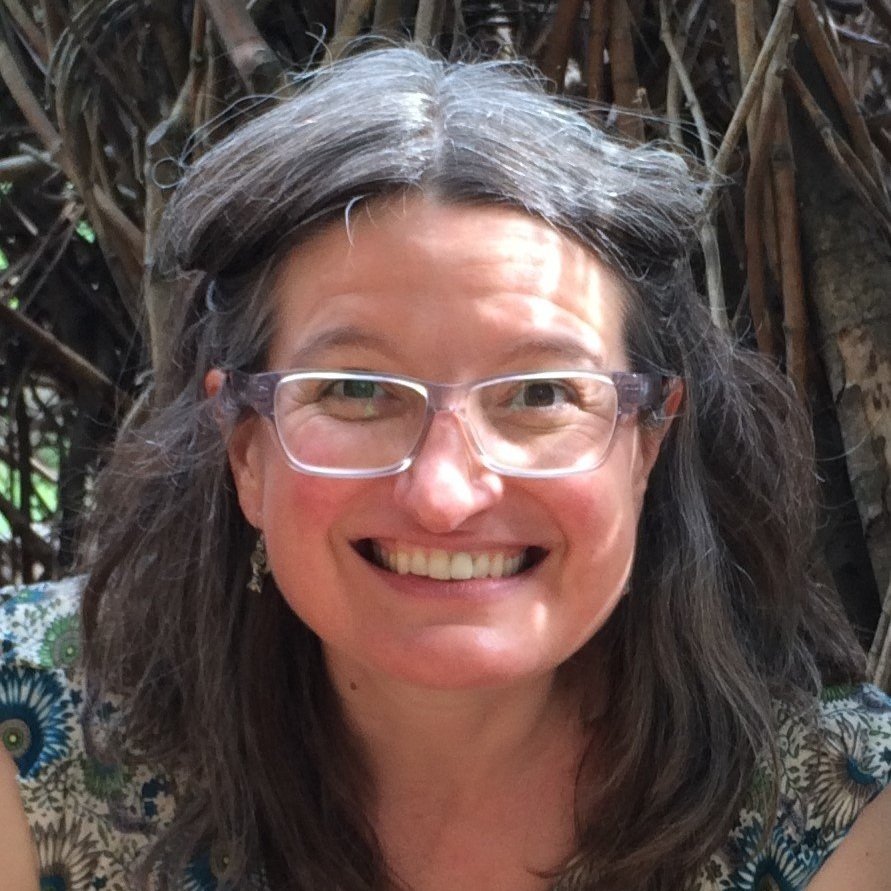
Nikola Smith - Federal Funding Accessibility: Barrier Breaking and Capacity Building | Emerging Markets, Conservation Finance, and Rural Community Benefit
Nikola Smith is the Co-Lead for the Inflation Reduction Act-Forest Landowner Support Program at the USDA Forest Service. Prior to joining Cooperative Forestry, Nikola served as the Regional Partnership Coordinator for the Pacific Northwest where she designed the Region’s first conservation finance program and led work with forest collaborative groups. Her previous positions with the agency include a cross-deputy position as Ecosystem Services Specialist; an ecologist with a focus on carbon and ecosystem service assessments; and a policy analyst for climate change mitigation, adaptation, and market opportunities.
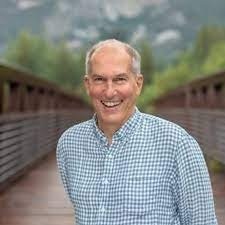
John Wentworth - Sustainable and Accessible Recreation
John is Chairman and CEO of the Mammoth Lakes Trails and Public Access Foundation (MLTPA) and is also a member of the Town Council of the Town of Mammoth Lakes, currently serving as the town’s Mayor. In a prior life, John worked in the motion picture industry, where his credits include Co-Producer of “Twin Peaks: Fire Walk With Me” and “Mulholland Drive”, directed by David Lynch.
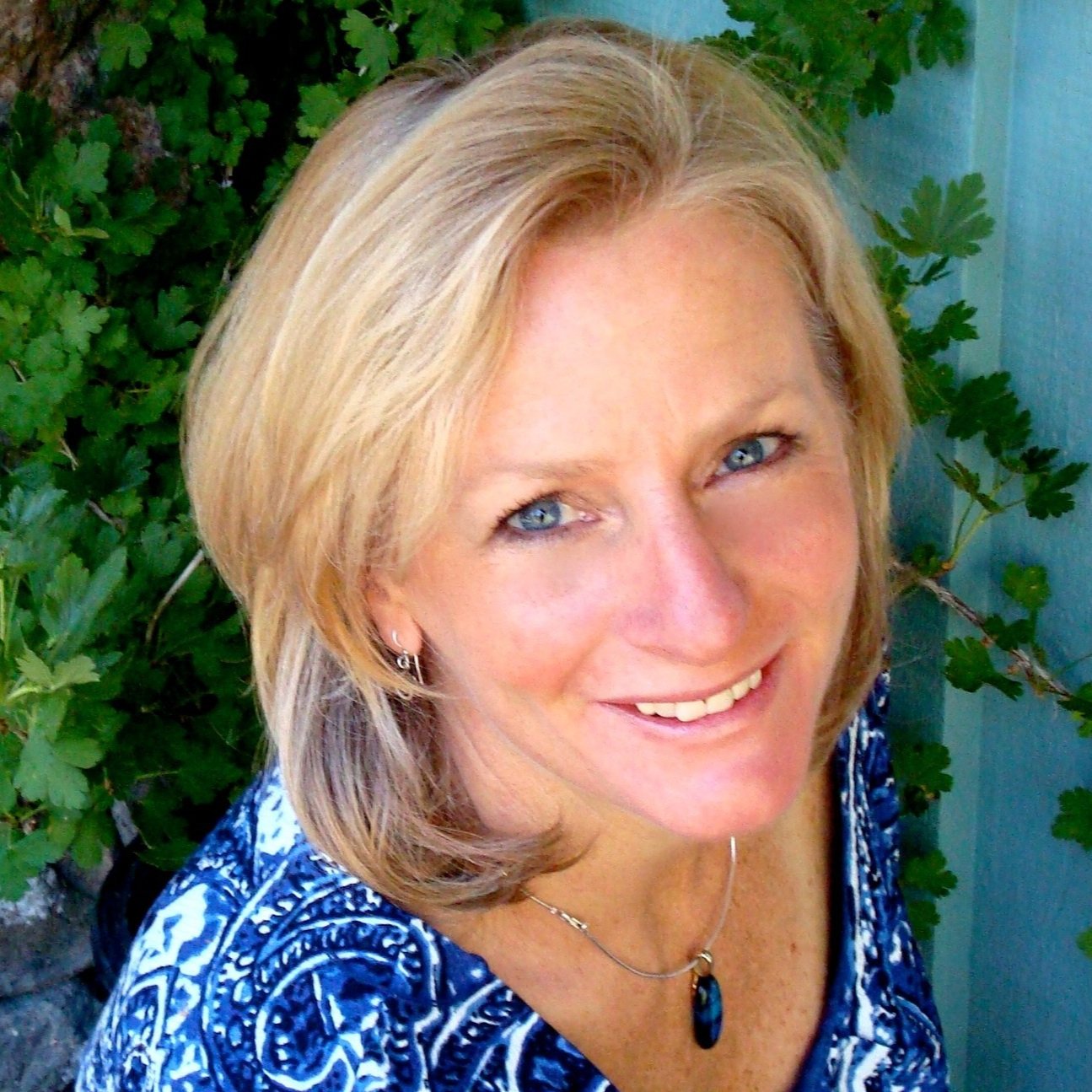
Kristin York - Equity and the Stewardship Workforce
Kristin leverages 25 years of experience in strategic planning, finance, operations and ESG to help organizations thrive economically while understanding their environmental and social impact. Kristin directs all SBC programs including economic development, SBDC, climate, and Gold Country Broadband. Previously she served as Chief Development Officer for Cutting Edge Capital and Senior Manager at Andersen Consulting (Accenture) specializing in restructuring, high conflict crisis mitigation, and advising businesses in their return to financial viability. Kristin serves on the board of theTahoe Truckee Community Foundation and is an Adjunct Professor of Sustainable Business at Presidio Graduate School. She holds an MBA in Finance and an Executive MBA in Sustainable Business.
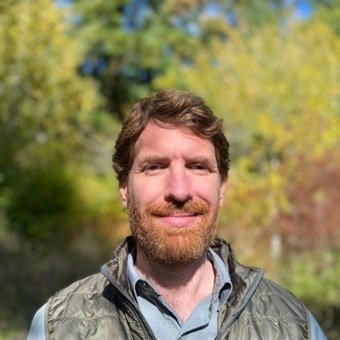
Andrew Haden - Value-add Business
Andrew Haden is the President of Wisewood Energy and has over 15 years experience working in the biomass energy sector and has led the development and implementation of multiple biomass heating, district energy, and combined heat and power projects through complete cycles of feasibility assessment, engineering, construction and ongoing operations support. Having completed projects in Alaska, Washington, Oregon, California and Idaho, Andrew was become an expert on the biomass industry in the American West, and an advocate for the contribution biomass energy can make to rural economic development.
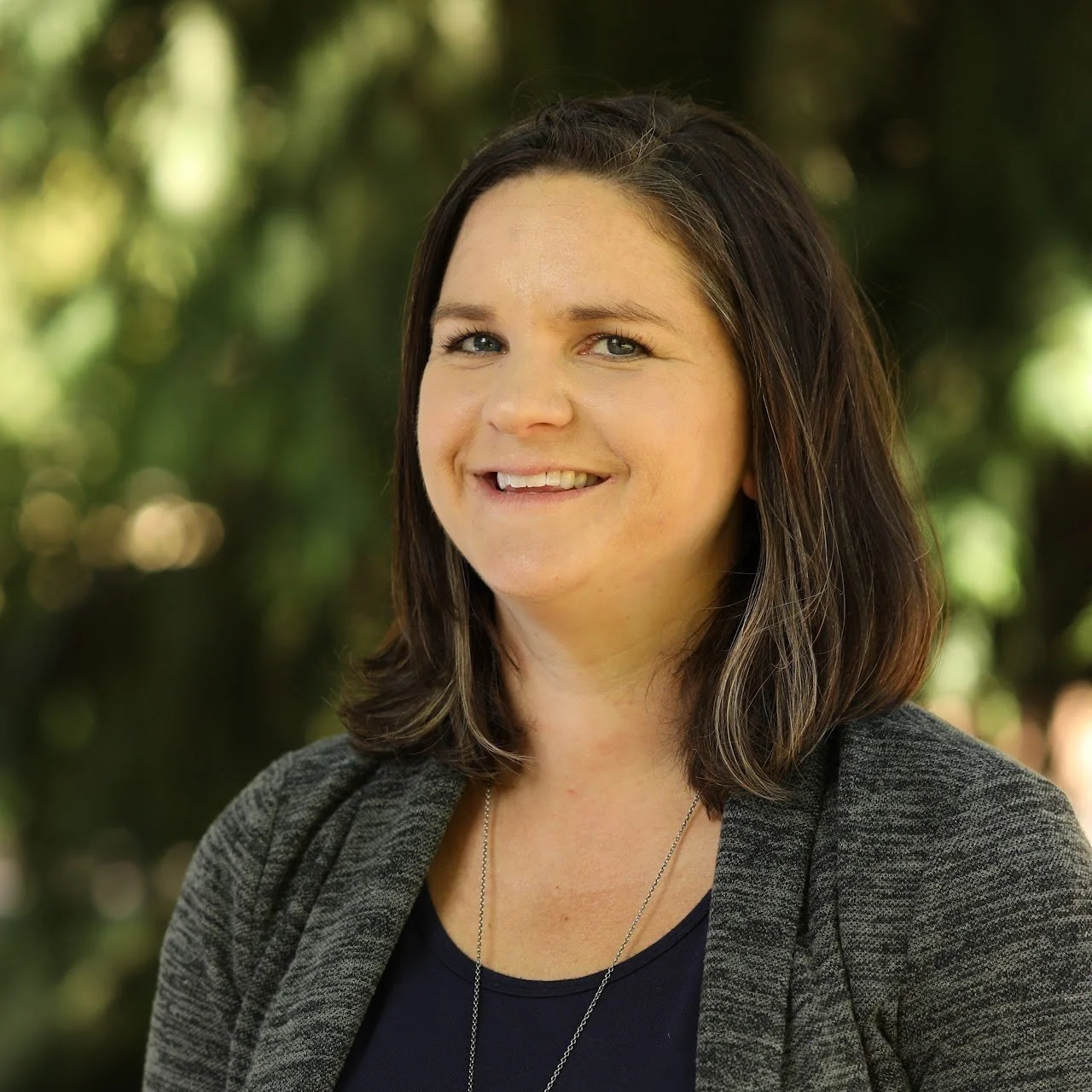
Heidi Huber Stearns - Wildfire Resilience in Federal Policy | Beneficial Fire: Policy Barriers and Opportunities
Heidi Huber-Stearns is an Associate Research Professor and Director of the Ecosystem Workforce Program, in the Institute for Resilient Organizations, Communities, and Environment at the University of Oregon. She is also a Visiting Associate Professor of Practice at the University of Michigan in the School for Environment and Sustainability, focused on engaged research for the Western Forest and Fire Initiative. Heidi is an interdisciplinary social scientist, with expertise in environmental governance and linking science to action through strategic and diverse partnerships. Her work focuses on organizations and boundary spanning to address wildfire risks and watershed vulnerabilities in at-risk communities, particularly in the western United States.
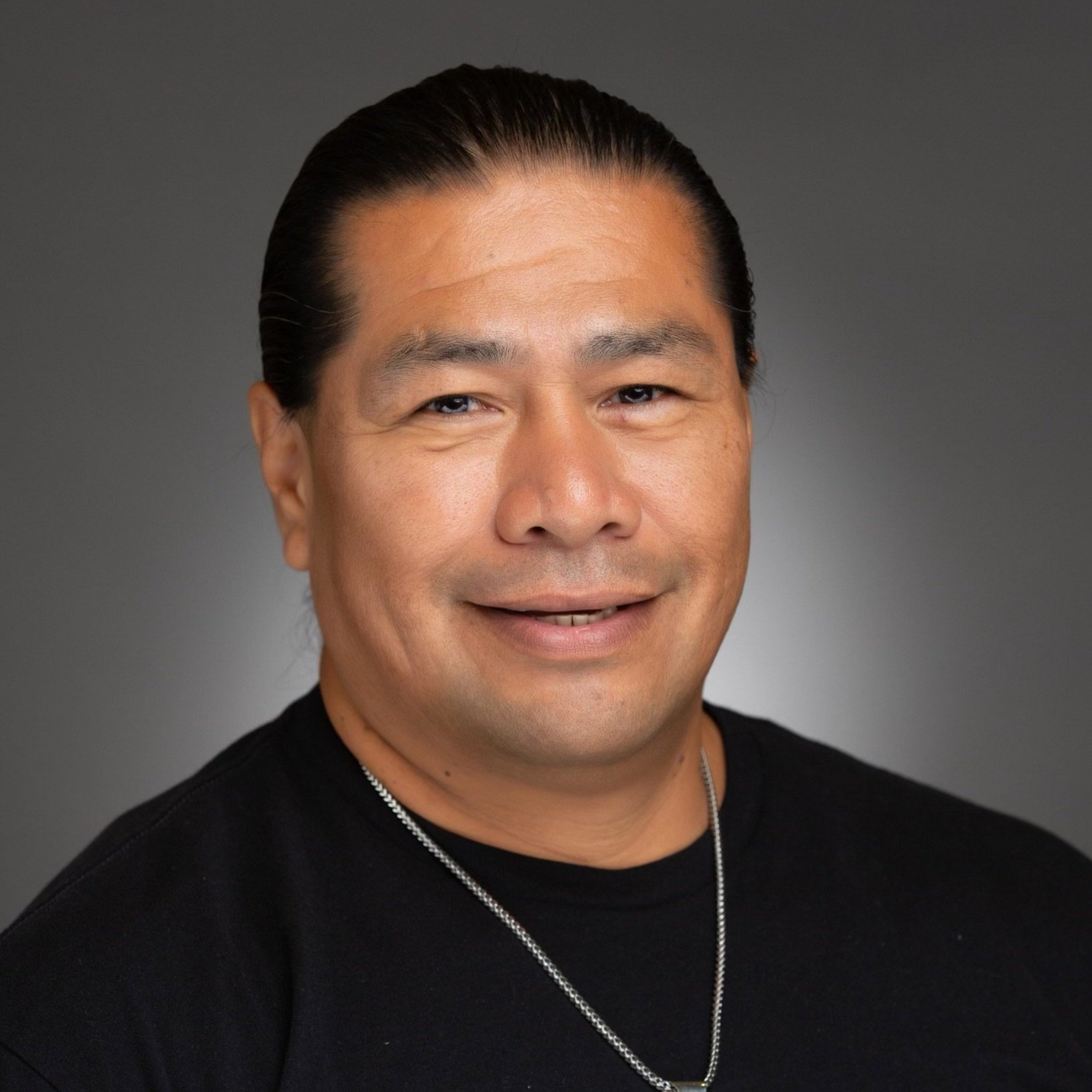
Irvin Jim - Welcome Plenary | Equity and the Stewardship Workforce
Irvin Jim is in his 9 th year of leadership. He is a Hung a Lel Ti Washoe community member and council member, the Board President of the Inter-Tribal Council of California, and the Alpine County Board of Supervisors chairman. He was voted Sierra Institute’s partner of the year in 2022. He worked with Steve Wilensky to establish the CHIPS Washoe restoration crew 9 years ago and since then, the crew has been successful on countless projects, making a significant
impact on the land and completing contracts with many National Forests including the Tahoe, El Dorado, Plumas, Stanislaus, Sequoia, Lake Tahoe Basin Management Unit, and others.
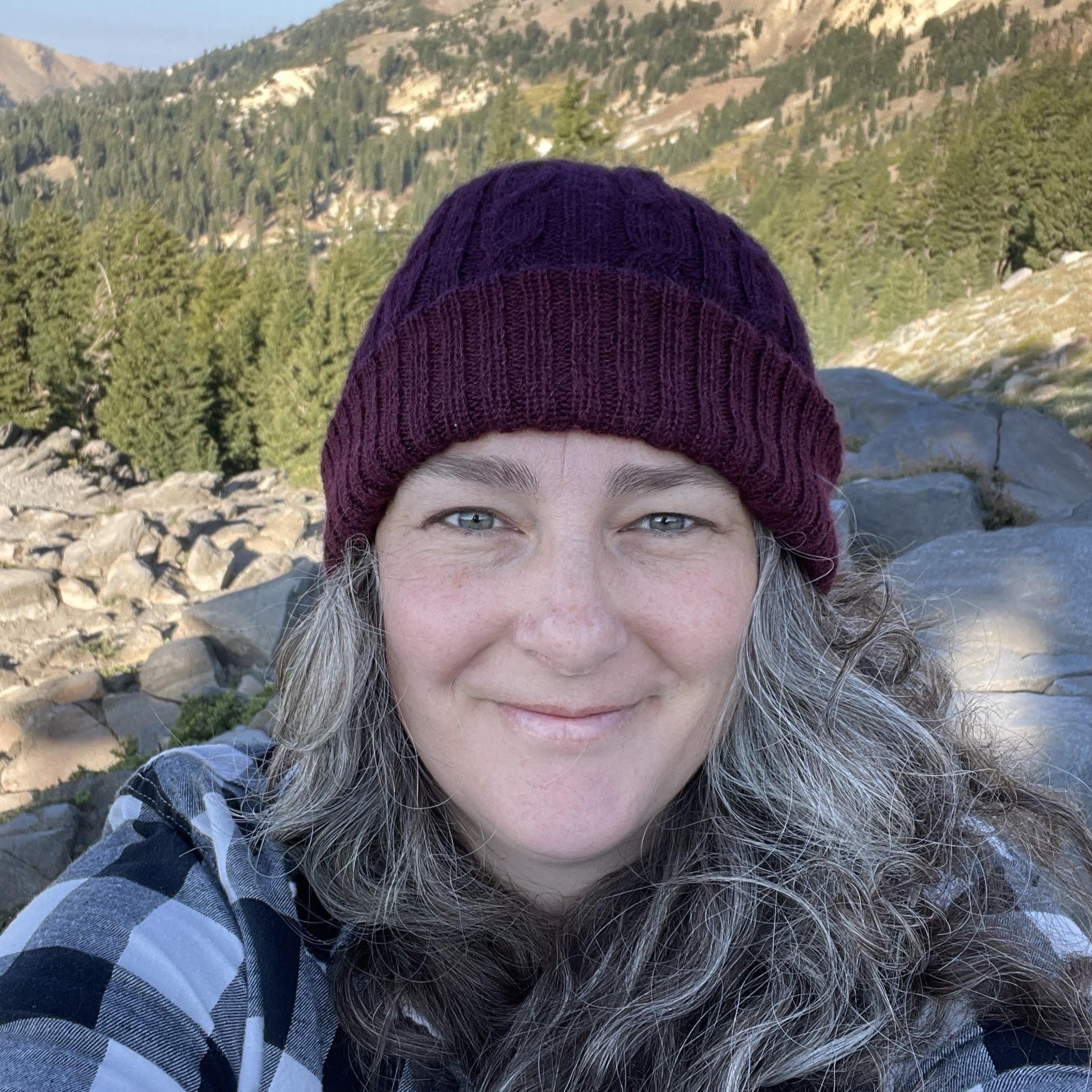
Michelle Medley-
Daniel - Federal Funding Accessibility: Barrier Breaking and Capacity Building
Michelle Medley-Daniel is the deputy director of the Watershed Center. As deputy director, Michelle supports program strategy and operations across local forest and watershed conservation programs, state biomass and fire management partnerships, and state and federal systems change initiatives. In addition to organizational leadership, Michelle has spent the last decade working as part of the national Fire Networks partnership to support community-based organizations across the United States envision and act to increase their wildfire resilience. Most recently, Michelle’s team has partnered with the USDA Forest Service, and other national non-profits, to launch the Community Navigators Program which supports priority populations in acquiring federal investments.
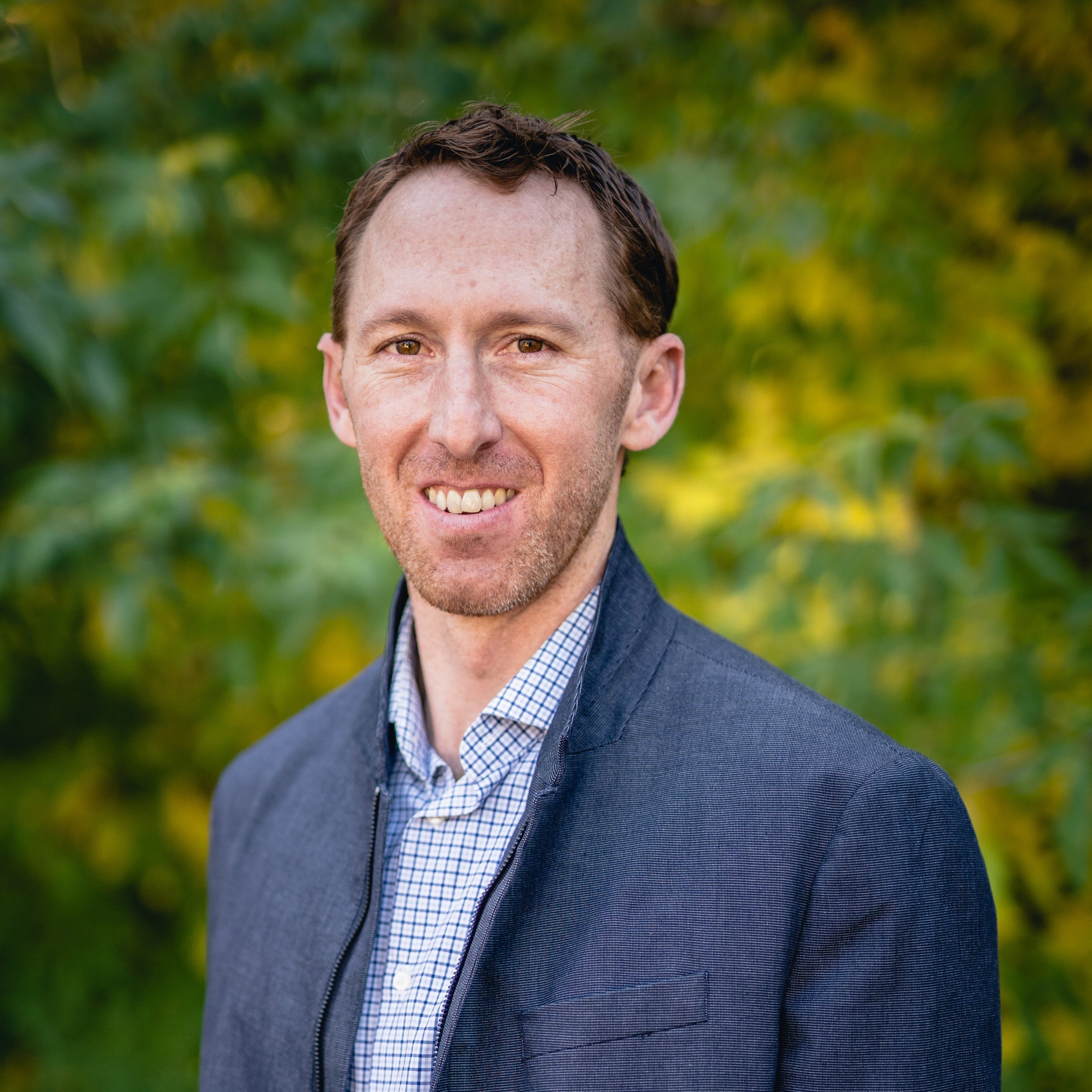
Nate Owens - Community-driven Rural Development
Nate Owens joined the Heart of the Rockies Initiative as their Policy Director in 2022. Having spent 10 years working for the Utah Division of Wildlife Resources as an Aquatics Program Manager focused on aquatic invasive species and boating access, he transitioned to the policy world where he now focuses on legislation and policy around carnivore conflict reduction, rural development, and private land conservation. He is based out of Salt Lake City, Utah.
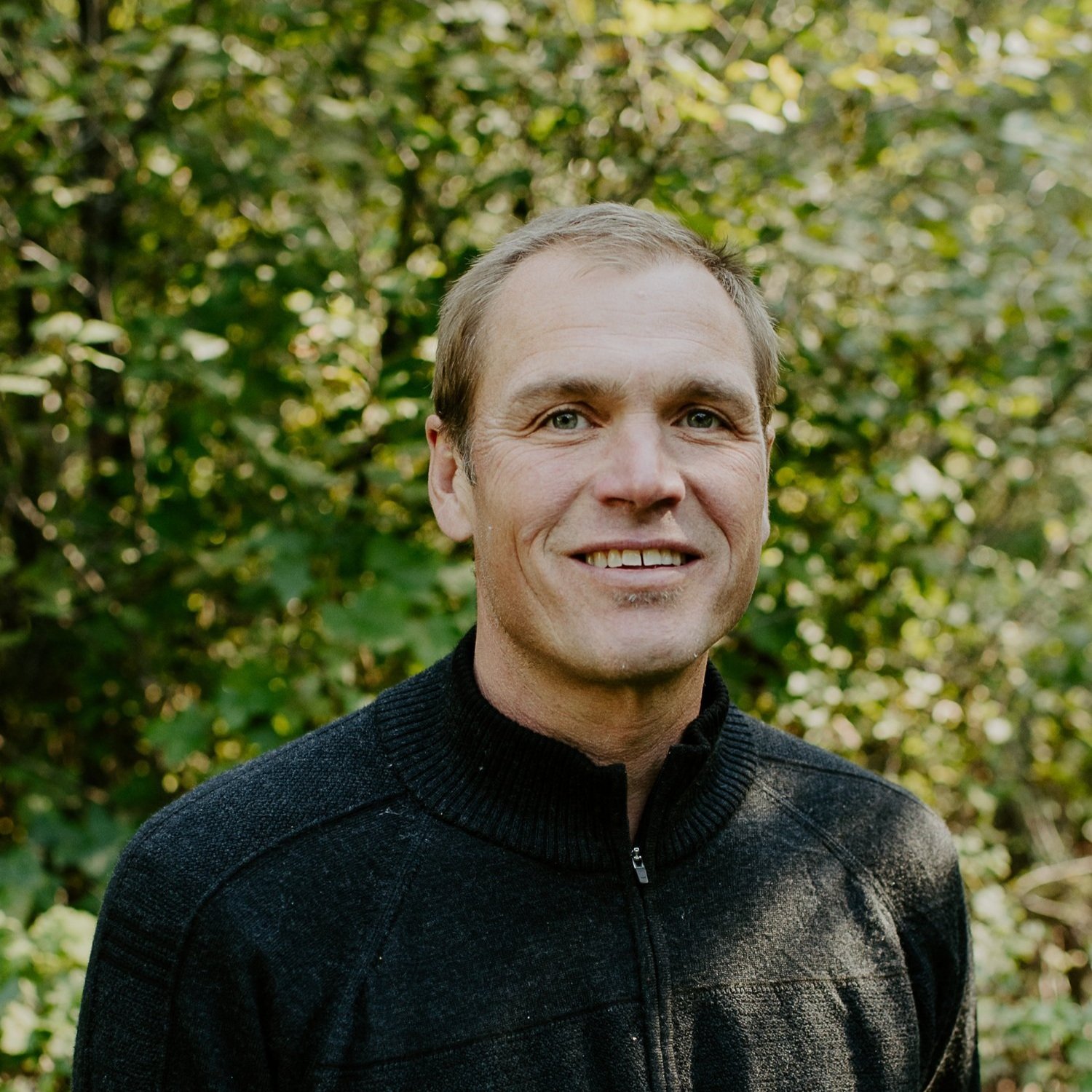
Larz Stewart - Community-driven Rural Development
Larz is the Development Director at Wallowa Resources and resides in Joseph, OR. He has helped to lead capital campaigns and strategic communications initiatives that support large landscape restoration projects, respond to rural community needs, and provide resources for communities across the West to have meaningful dialogue to make their landscapes and communities more resilient. He holds an M.B.A. from Hawai’i Pacific University and studied sustainable forestry as a post-graduate at the University of Hawai’i-Manoa.
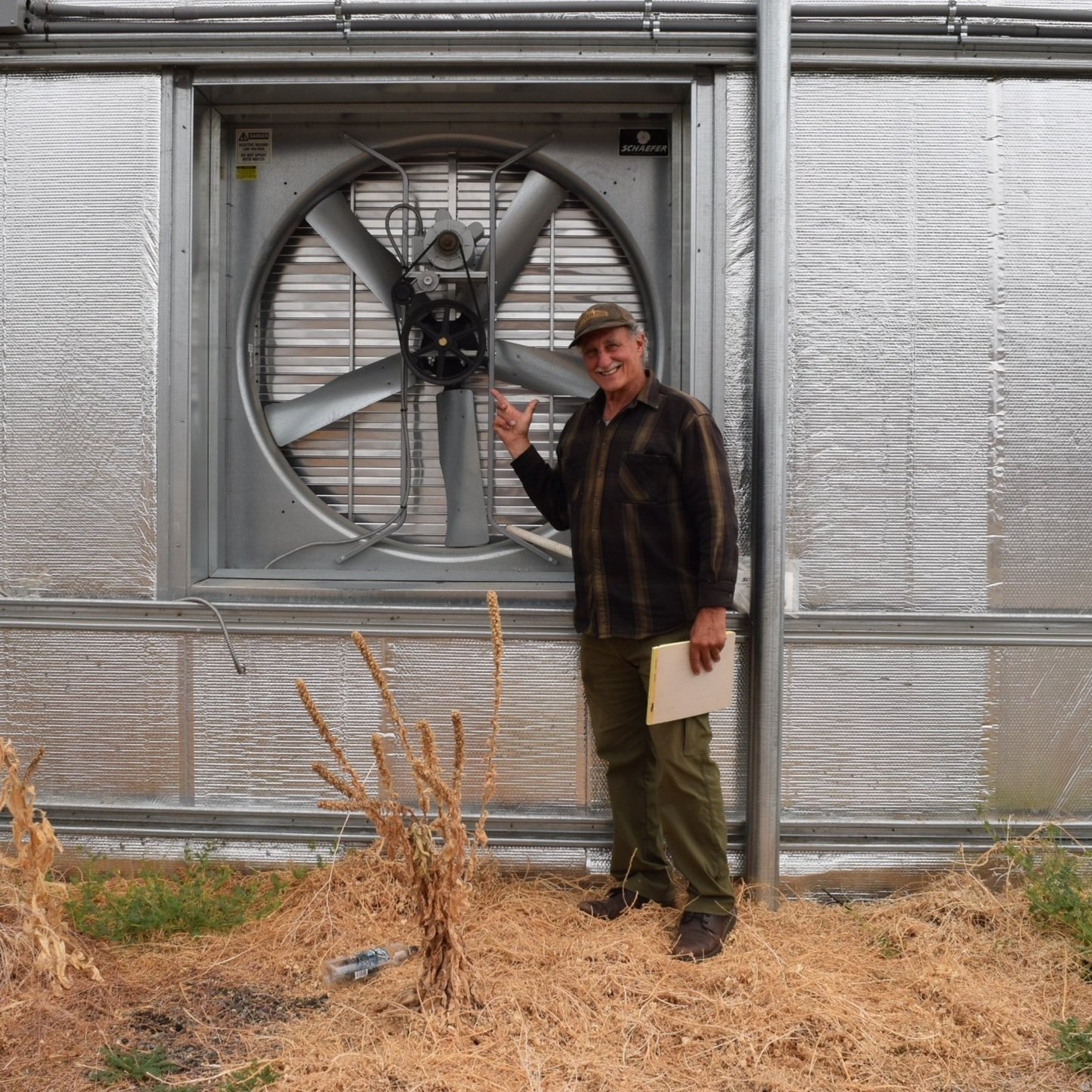
Steve Wilensky - Equity and the Stewardship Workforce
Steve Wilensky is a long-time union organizer and is currently the Sierra Institute for Community and Environment’s community organizer and Tribal outreach specialist. He is passionate about connecting rural and Tribal community members with meaningful careers in forestry, fair pay, quality working conditions, and equal opportunity. As the founder of Calaveras Healthy Impact Product Solutions (CHIPS), he is well versed in what it takes to stand up a Tribal restoration and fire workforce, labor law, and worker’s rights and responsibilities.
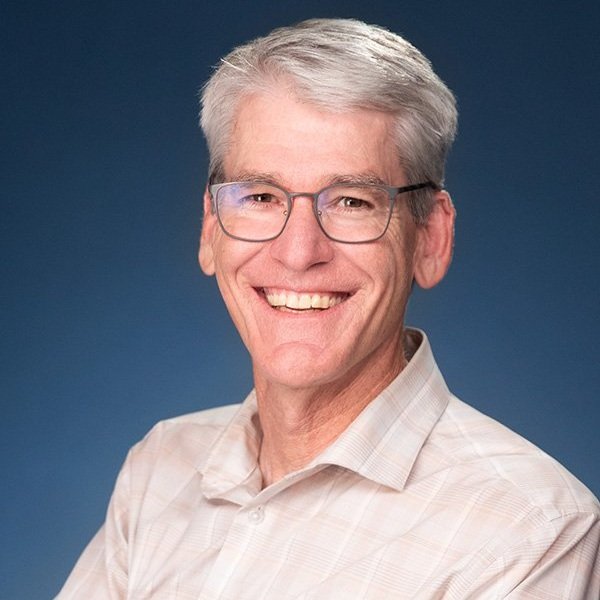
Mark Haggerty - Opening Plenary
Mark Haggerty is a senior fellow on the Energy and Environment team at the Center for American Progress. With a reputation as a nonpartisan expert committed to practical solutions, Mark is engaged in efforts to develop a comprehensive national policy that aligns climate, energy, and public lands conservation goals with rural communities’ economic success. Mark is a long-time friend of RVCC and started his career as a student of collaborative and community-based conservation efforts across the West.
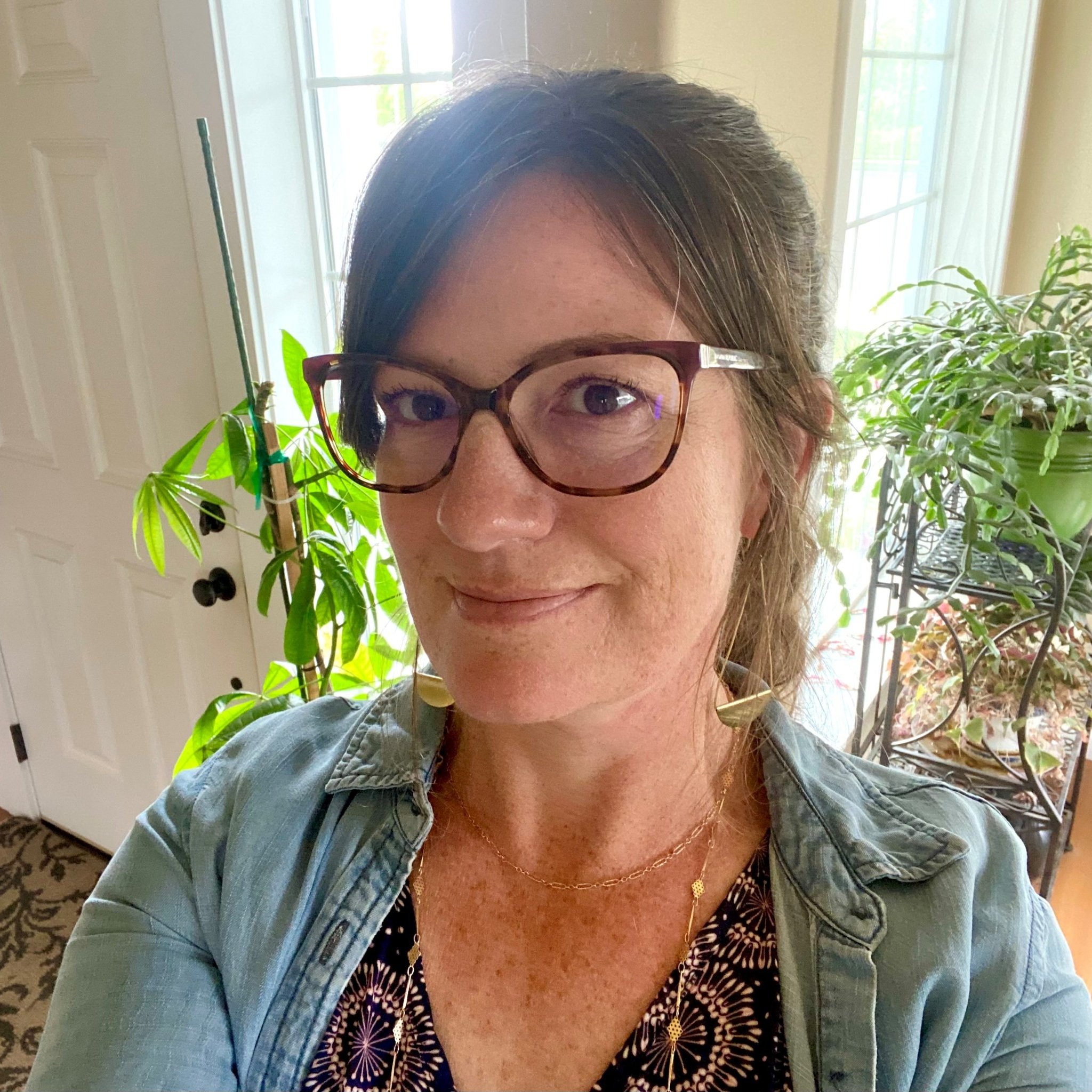
Amber Ingoglia - Putting “All-Lands” into Practice
Amber earned her bachelor’s degree in forestry from Humboldt State University in 2001. Following graduation, she worked for the National Park Service, the Bureau of Indian Affairs, and for the last 20 years, the Umatilla National Forest. During that time, she has worked in fire suppression, fuels management, youth and community engagement, and for the last four years as a Partnership Coordinator. In her free time she enjoys hiking and backpacking with her husband, five teenagers and two dogs.
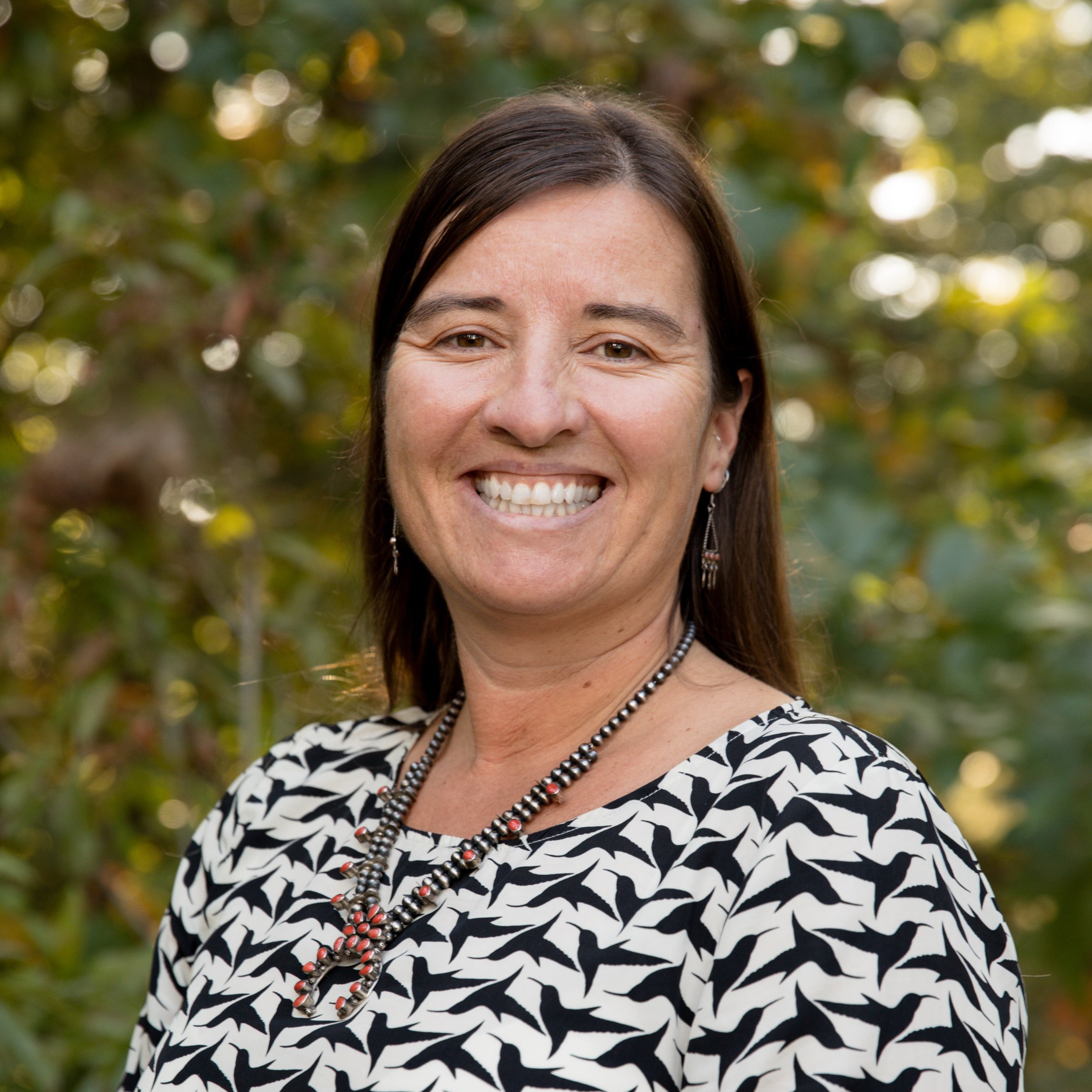
Kacey KC - Wildfire Resilience in Federal Policy
Kacey KC was appointed State Forester/Firewarden in 2018 for the Nevada Division of Forestry, where she has worked for over 21 years. Prior, Kacey served 2 years as a Peace Corps community forestry volunteer in Nepal, directly following receipt of her forestry degree from the University of Montana. Kacey serves as the State Forester's representative on the congressionally delegated National Wildfire Mitigation and Management Commission, as well as past President of the National Association of State Foresters. She is a driving force behind the Nevada Shared Stewardship program that advocates and coordinates interagency conservation work on all land ownerships in Nevada.
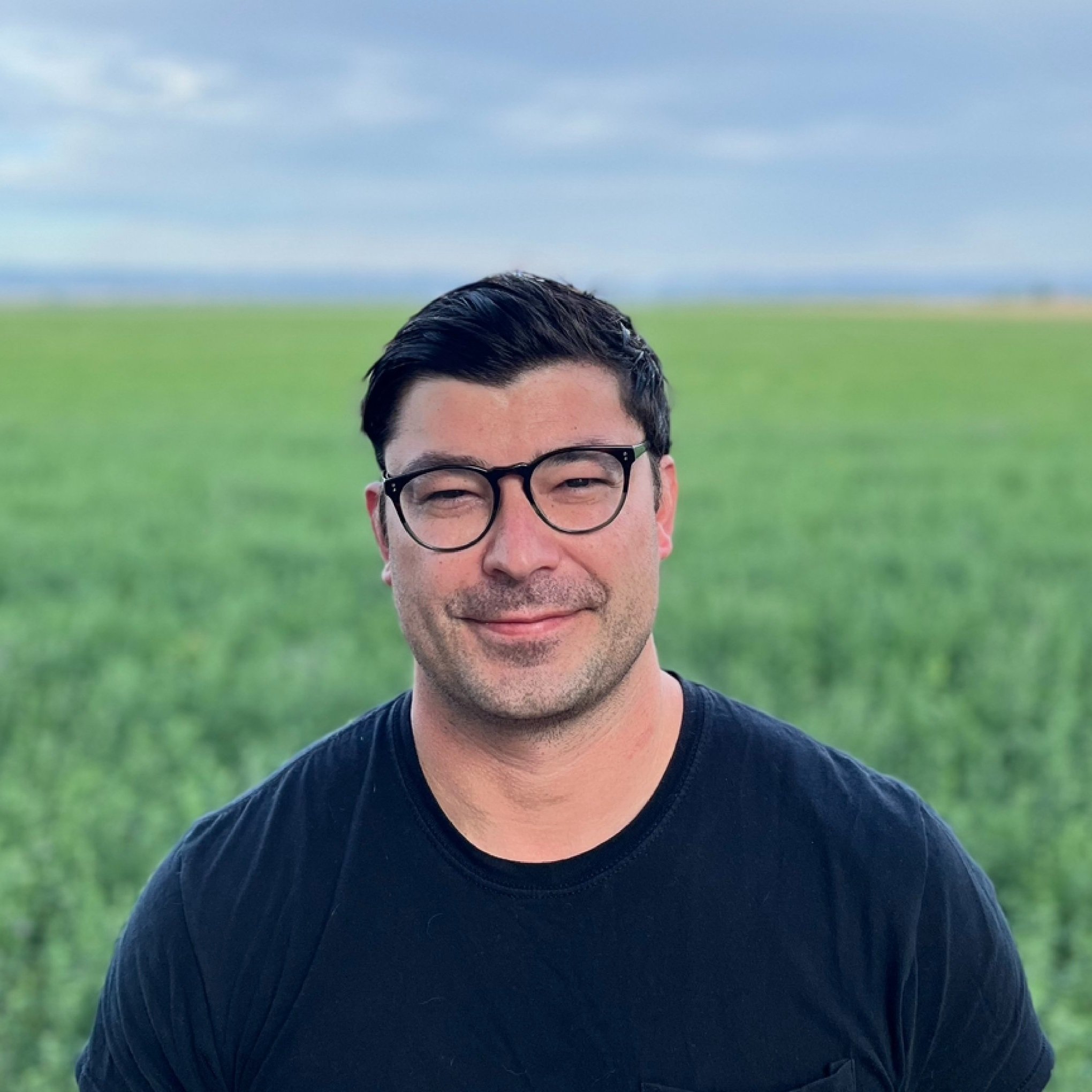
Thomas Miller - Community-driven Rural Development
Thomas is an Environmental Policy Analyst with a focus on Geospatial Analysis and City & Regional Planning. He earned a B.S in Environmental Protection & Management at California Polytechnic State University, San Luis Obispo and a M.S. in Environmental Policy & Management from the University of California, Davis. His graduate work entailed design research into landscape-scale land use adaptations in the California Delta. Other research areas include policy research surrounding nitrogen recovery at wastewater treatment plants and biomass recovery optimization from State fuel reduction efforts. Prior to this project and graduate studies, he worked as a restoration specialist for the San Luis Obispo Land Conservancy.
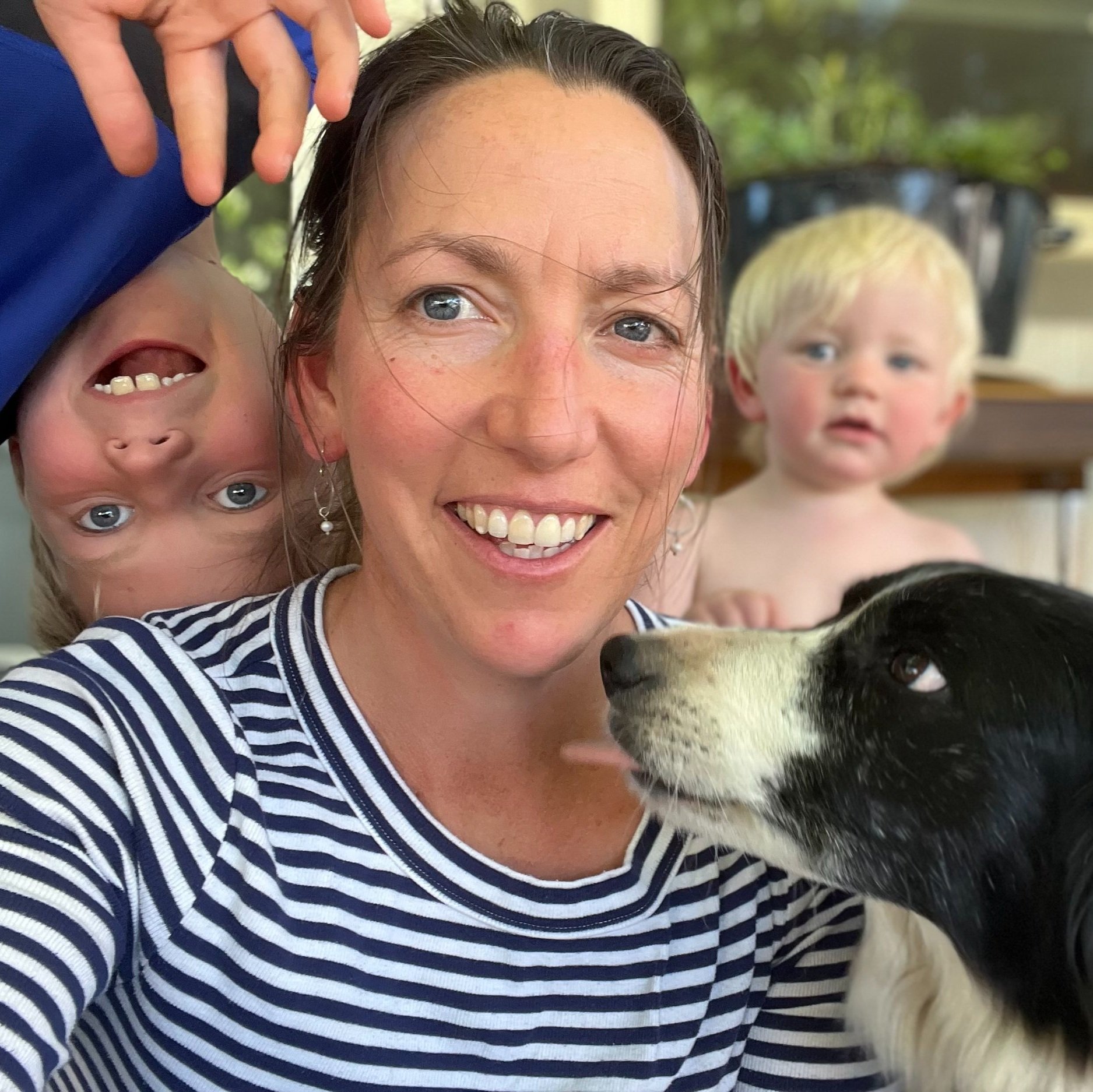
Bre Owens - Storytelling Panel
Bre lives in Los Molinos, CA with her sons Will and Clyde, where runs a small cattle operation. Bre serves as the Working Lands Program Director at Western Landowners Alliance, a role designed to bring landowners' needs and solutions into WLA’s programs, policy and communications efforts, while sharing resources and facilitating partnerships across WLA’s network. Going forward, Bre will be leading a set of Climate Smart Commodity projects for the National Grazing Lands Coalition focused on sustainable grazing systems.
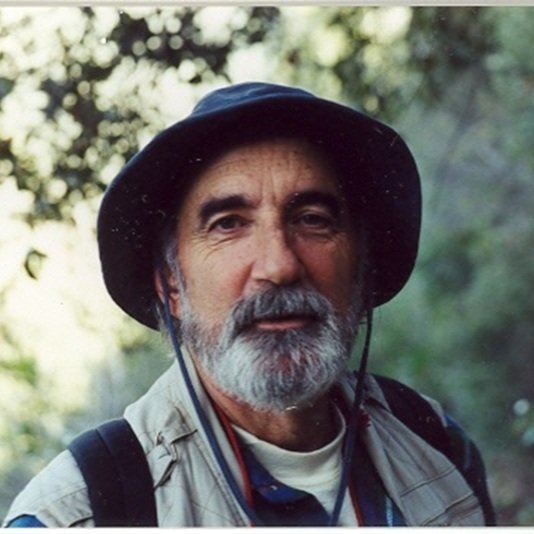
Craig Thomas - Wildfire Resilience in Federal Policy
Craig Thomas has been the Director of The Fire Restoration Group since 2018. He has a background in ecology and cultural anthropology and has worked on federal forest and fire policy in California for 35- years. In 2022 he co-authored, with several other State, Federal, Tribal and NGO partners, the California Strategic Plan for Expanding Beneficial Fire published in March 2022. https://wildfiretaskforce.org/wp-content/uploads/2022/05/californias-strategic-plan-for-expanding-the-use-of-beneficial-fire.pdf
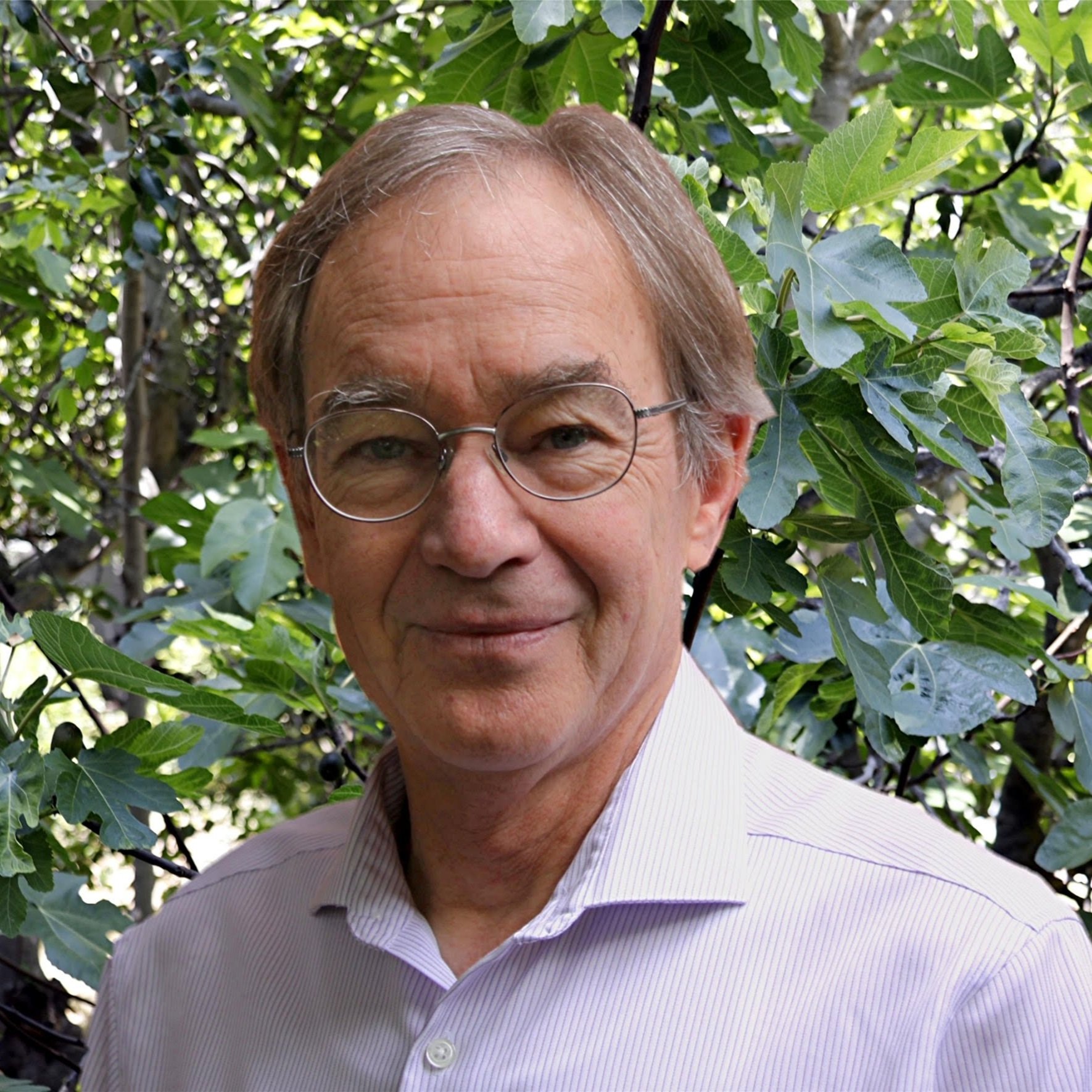
Carl Wilmsen - Equity and the Stewardship Workforce
Carl Wilmsen, Ph.D., is a labor activist and social scientist with over 25 years of experience working on social justice issues in the management of U.S. public lands. He was Executive Director of the Northwest Forest Worker Center (NFWC) for 11 years where he worked to empower forest workers and harvesters of non-timber forest products in northern California, Oregon and Washington to improve their lives and livelihoods. Prior to joining NFWC, Dr. Wilmsen was Program Director of Community Forestry and Environmental Research Partnerships at the University of California, Berkeley.
